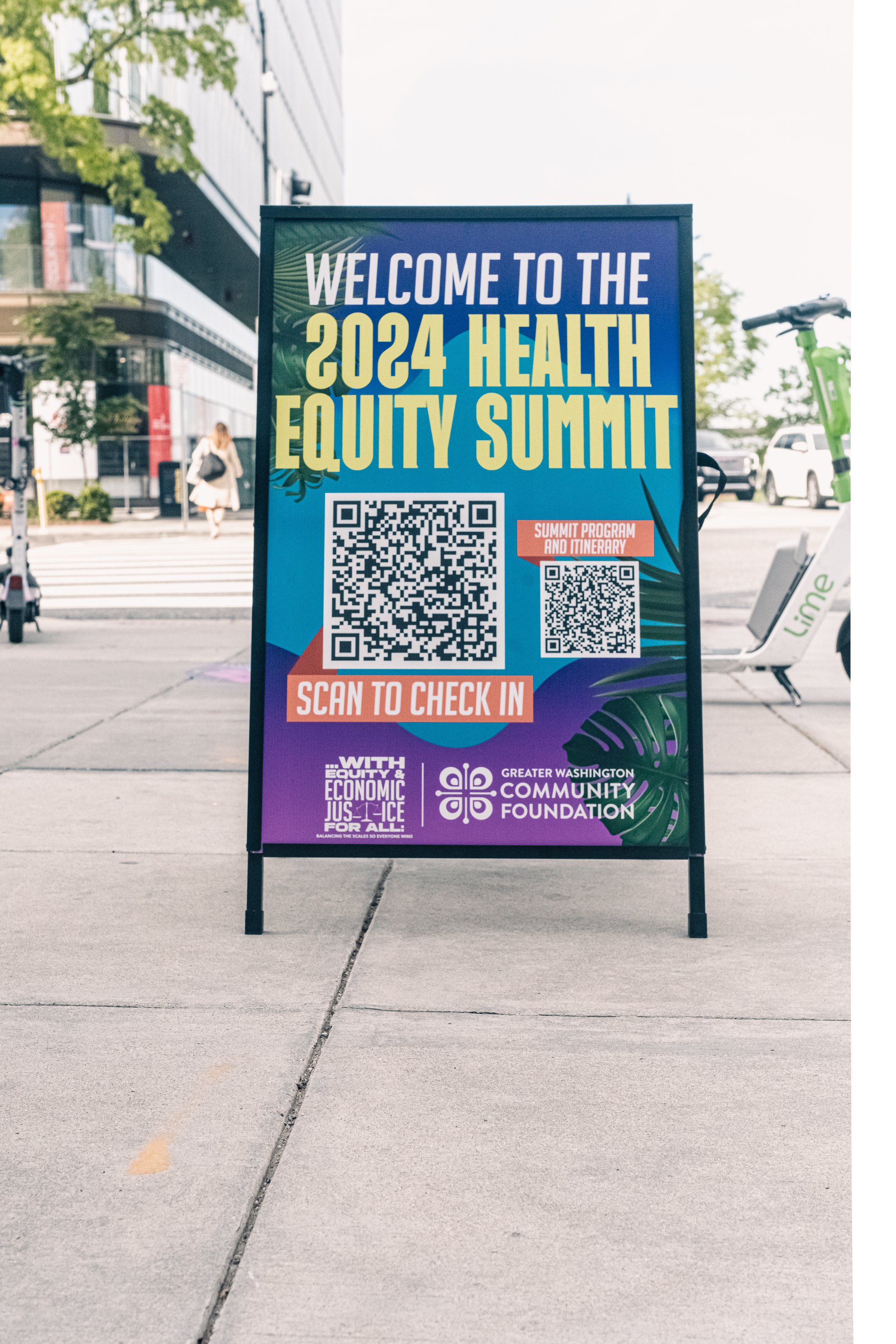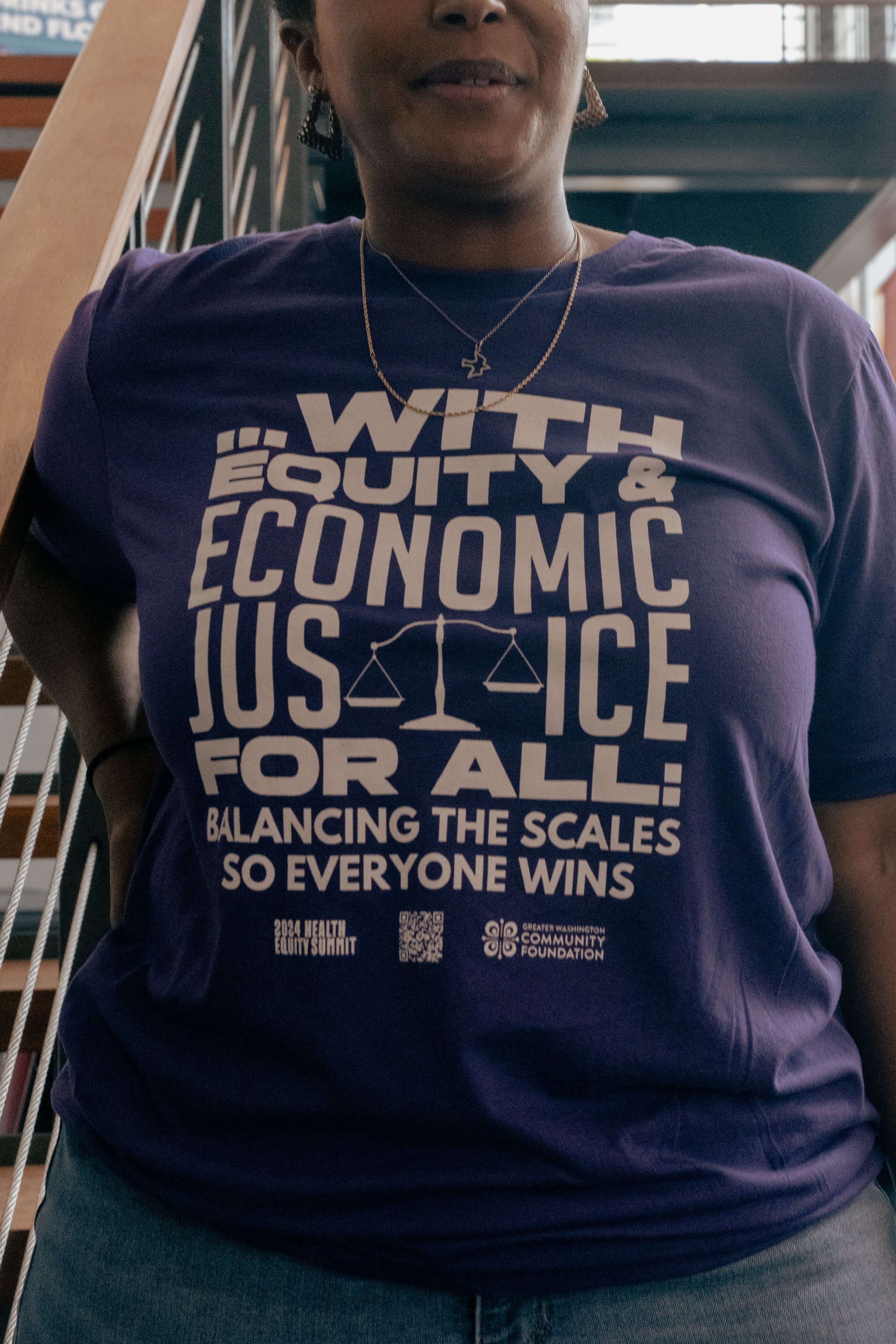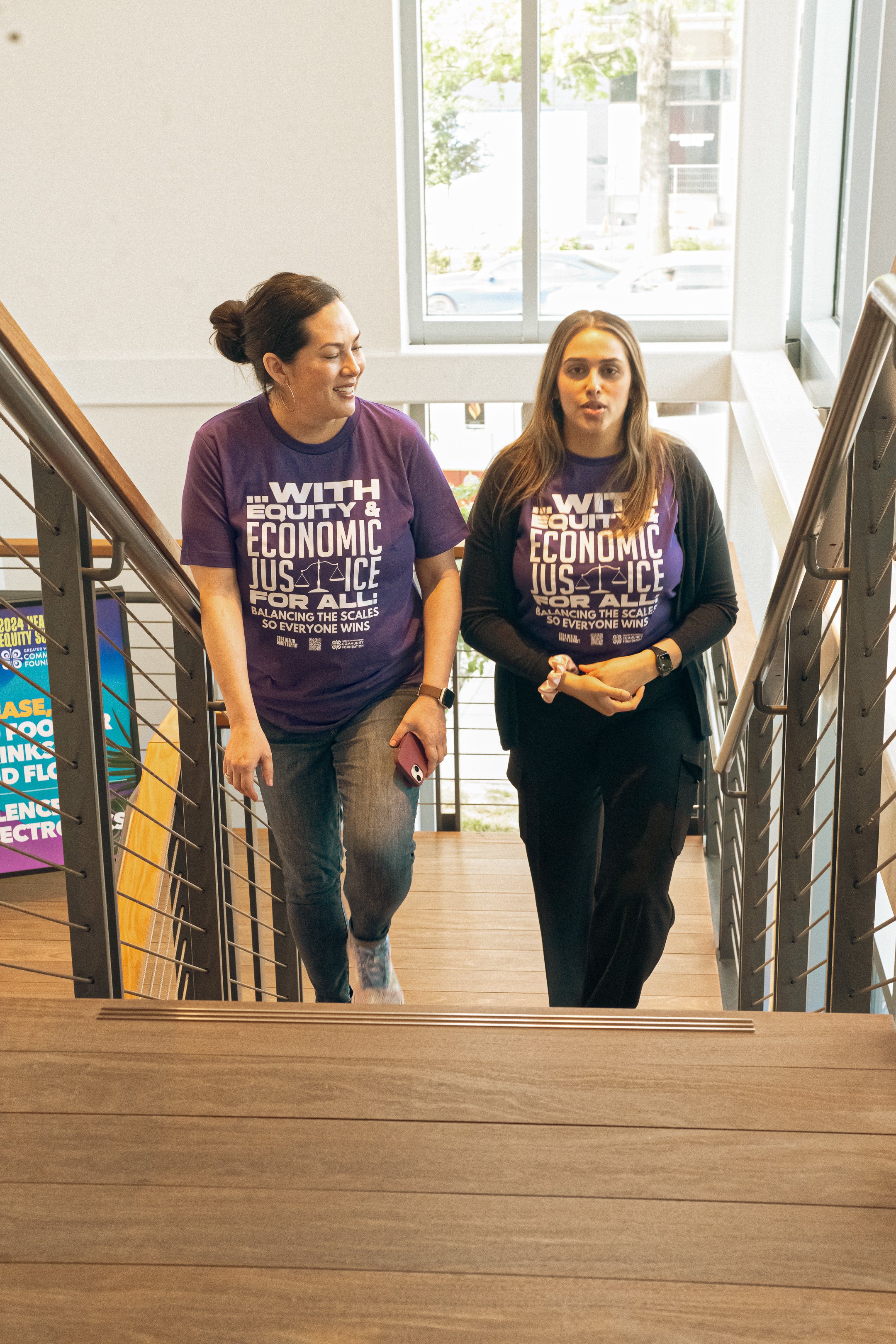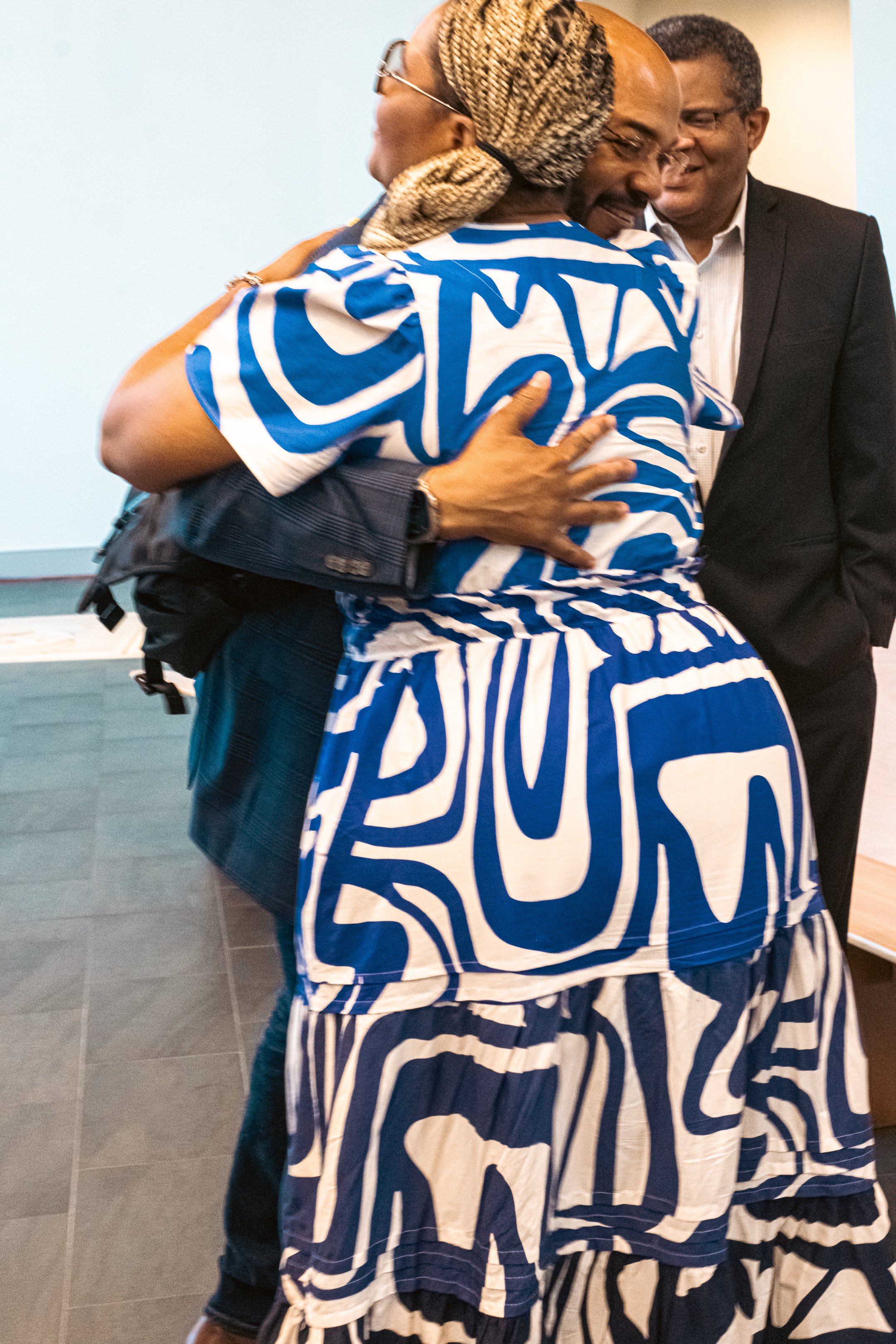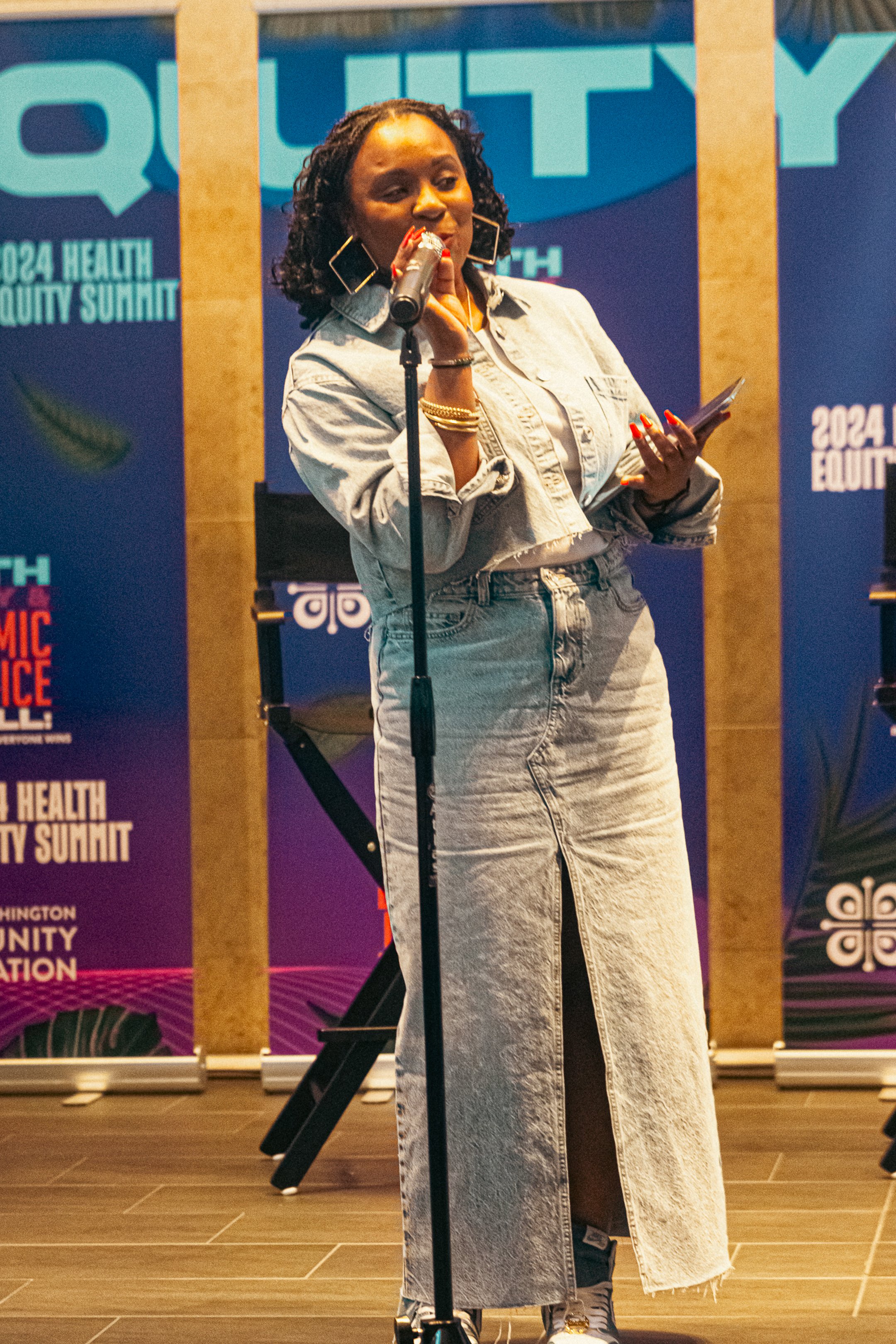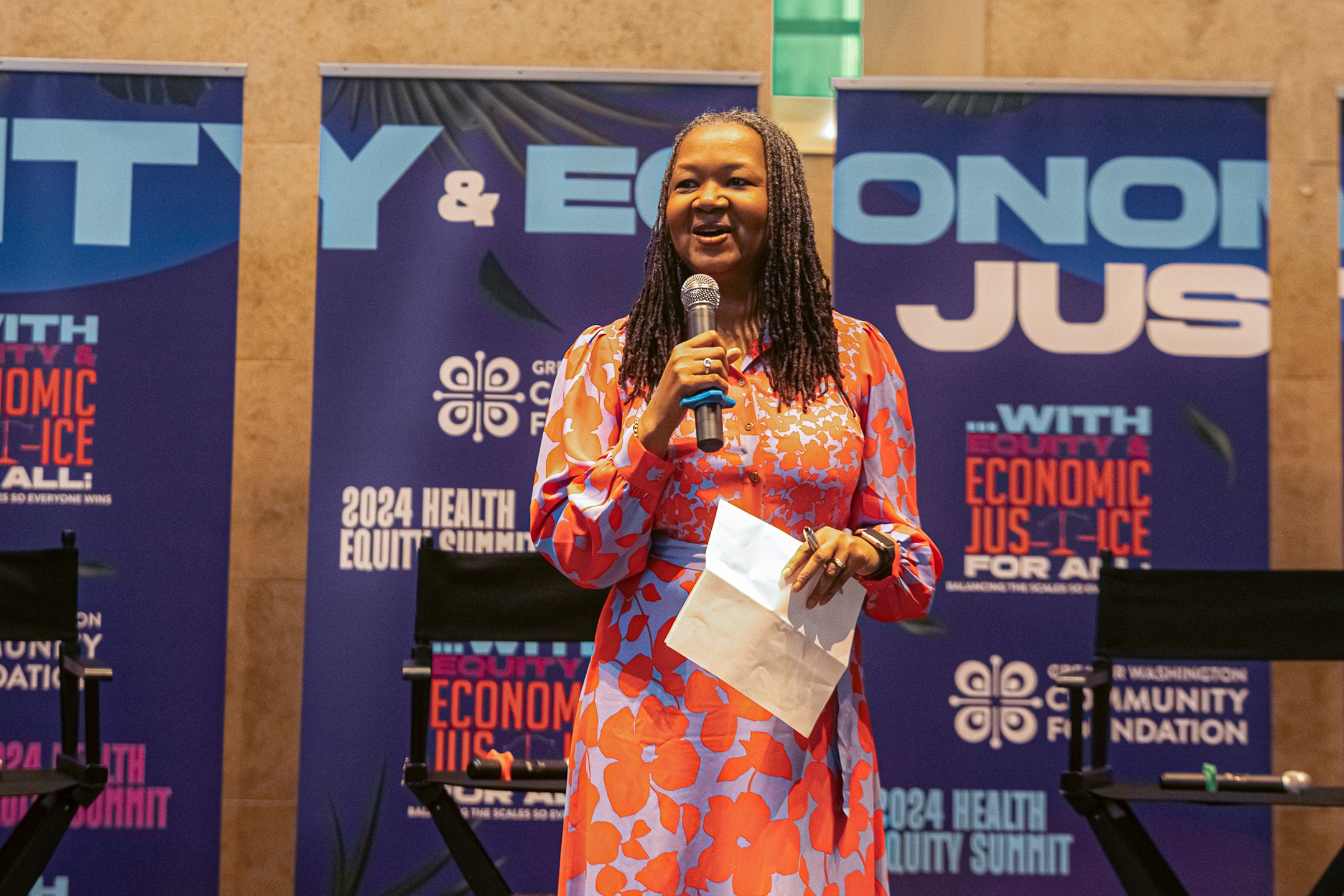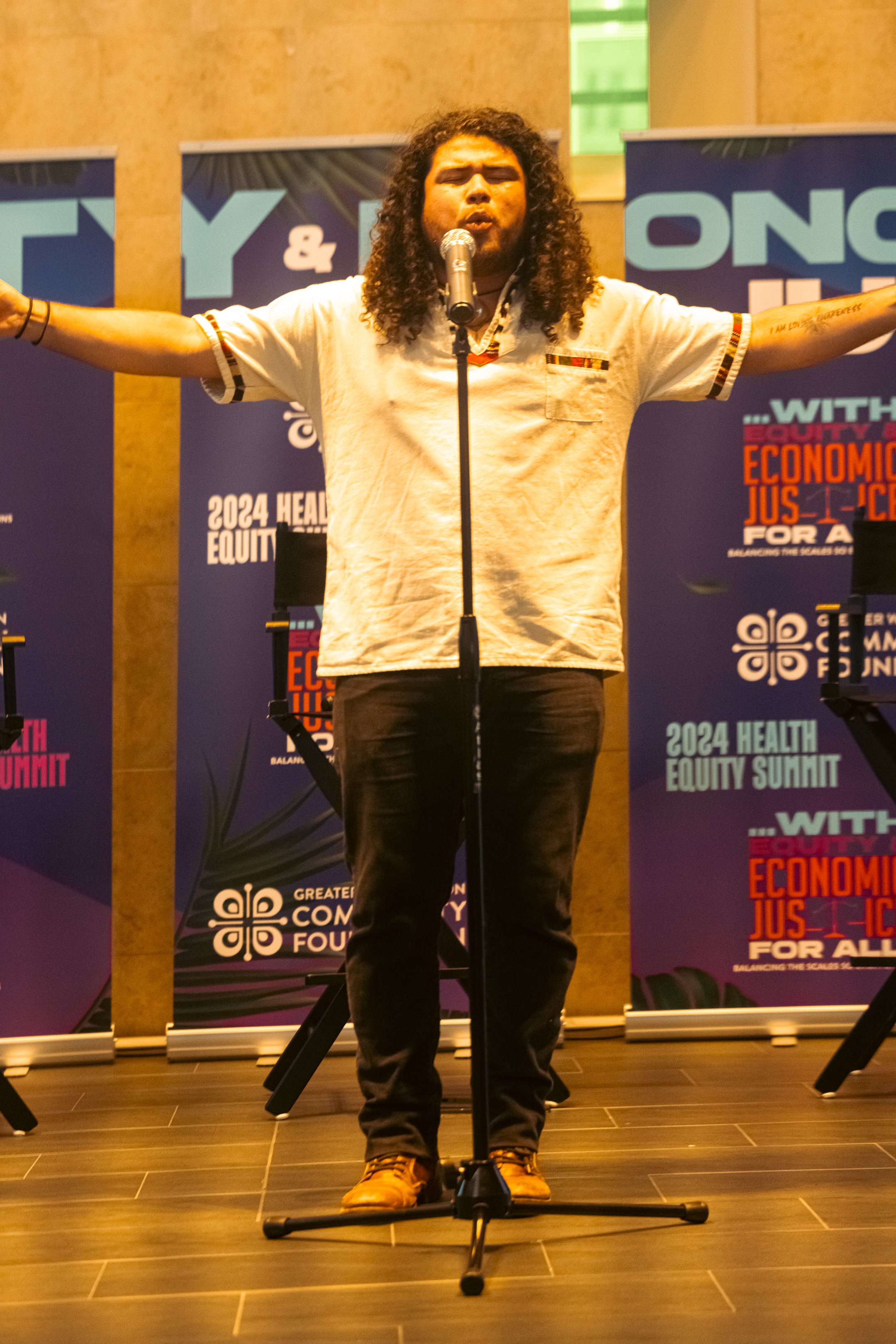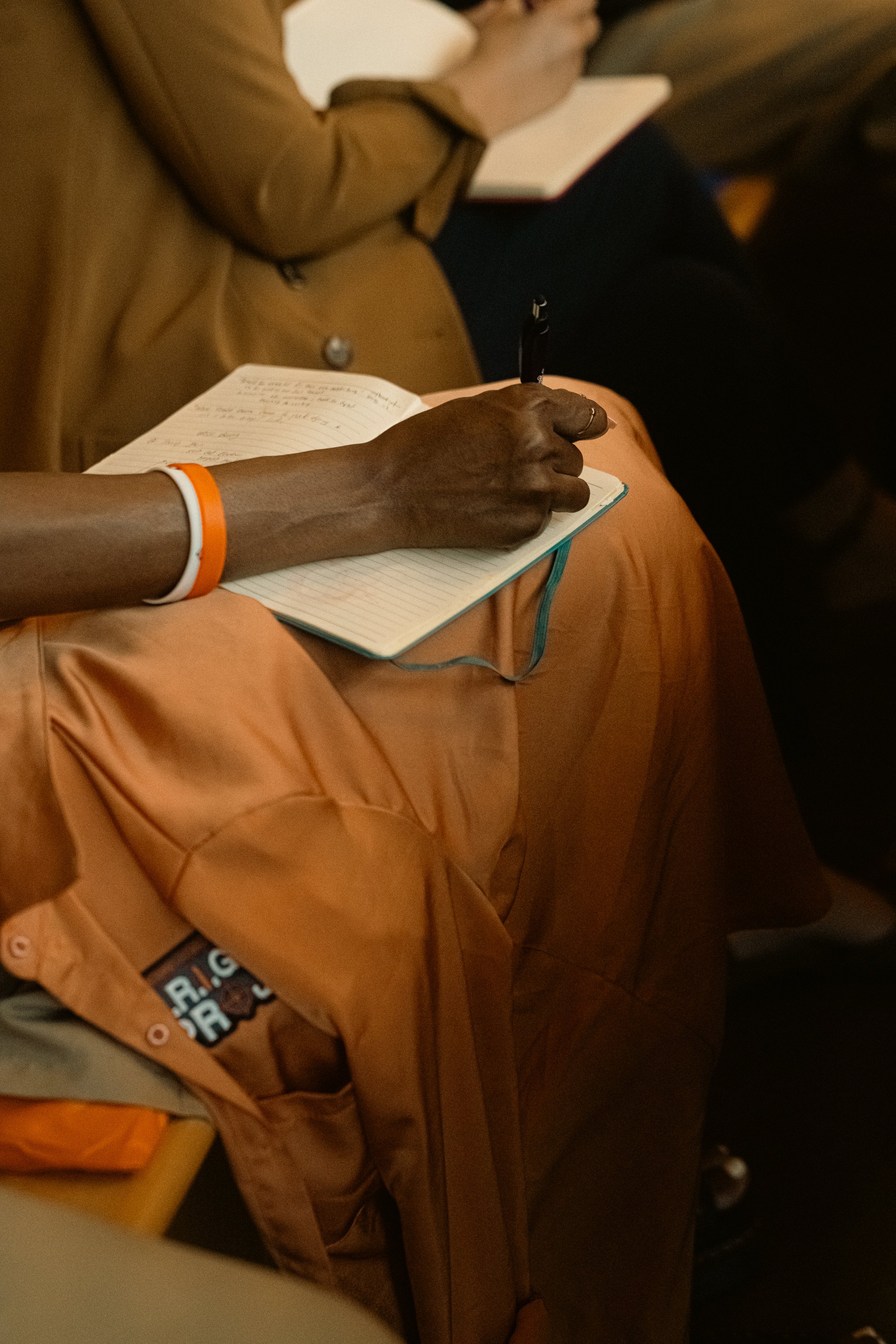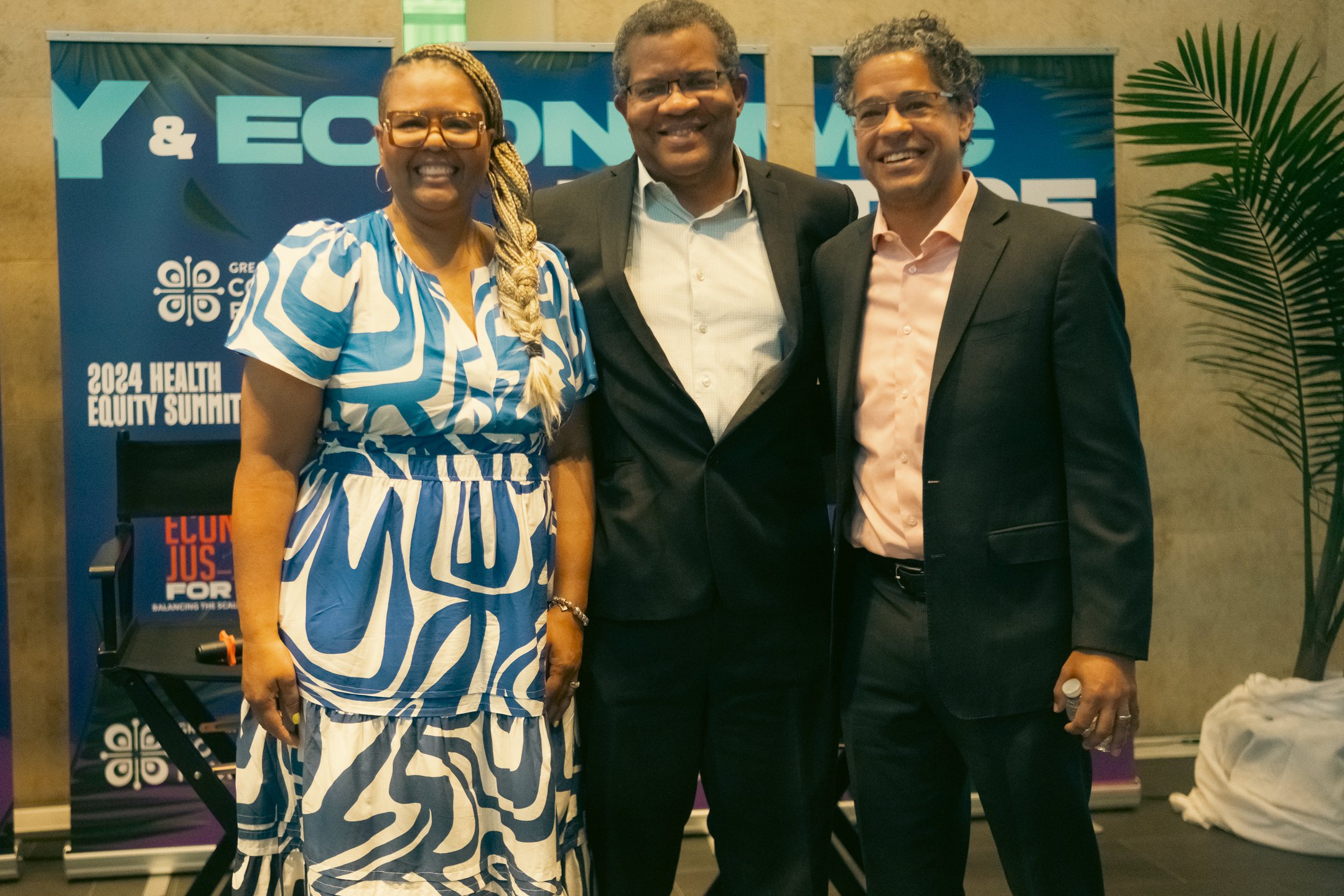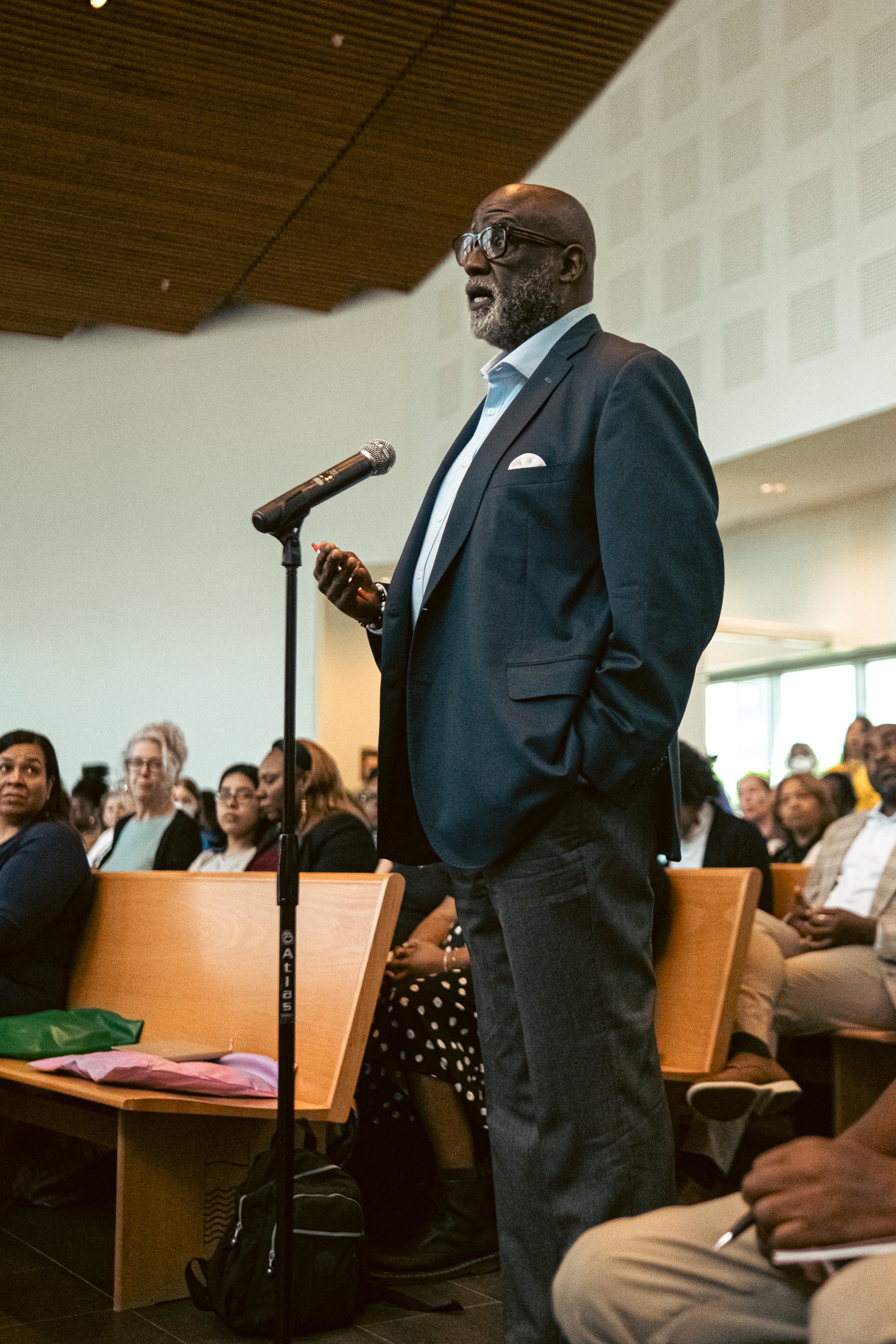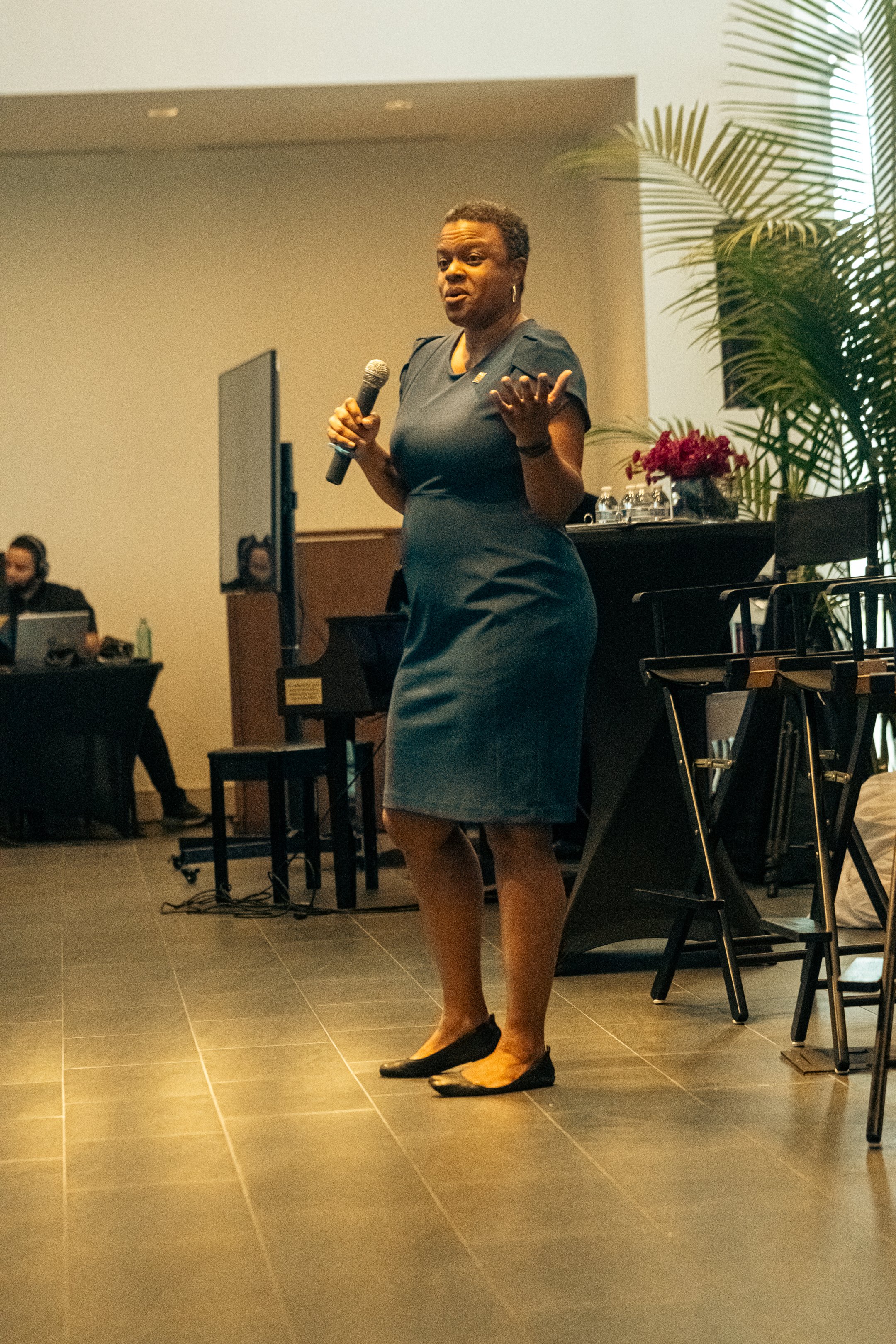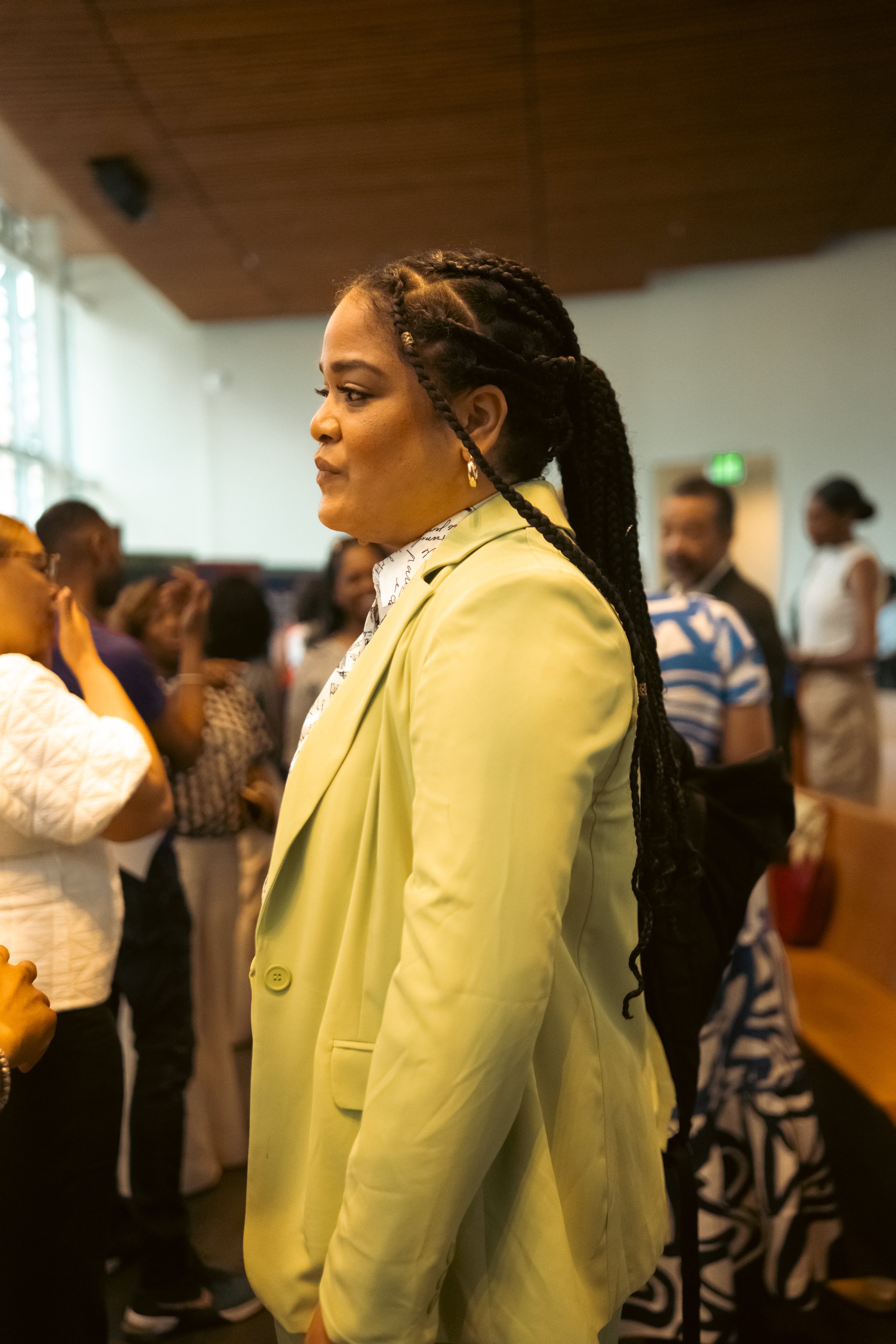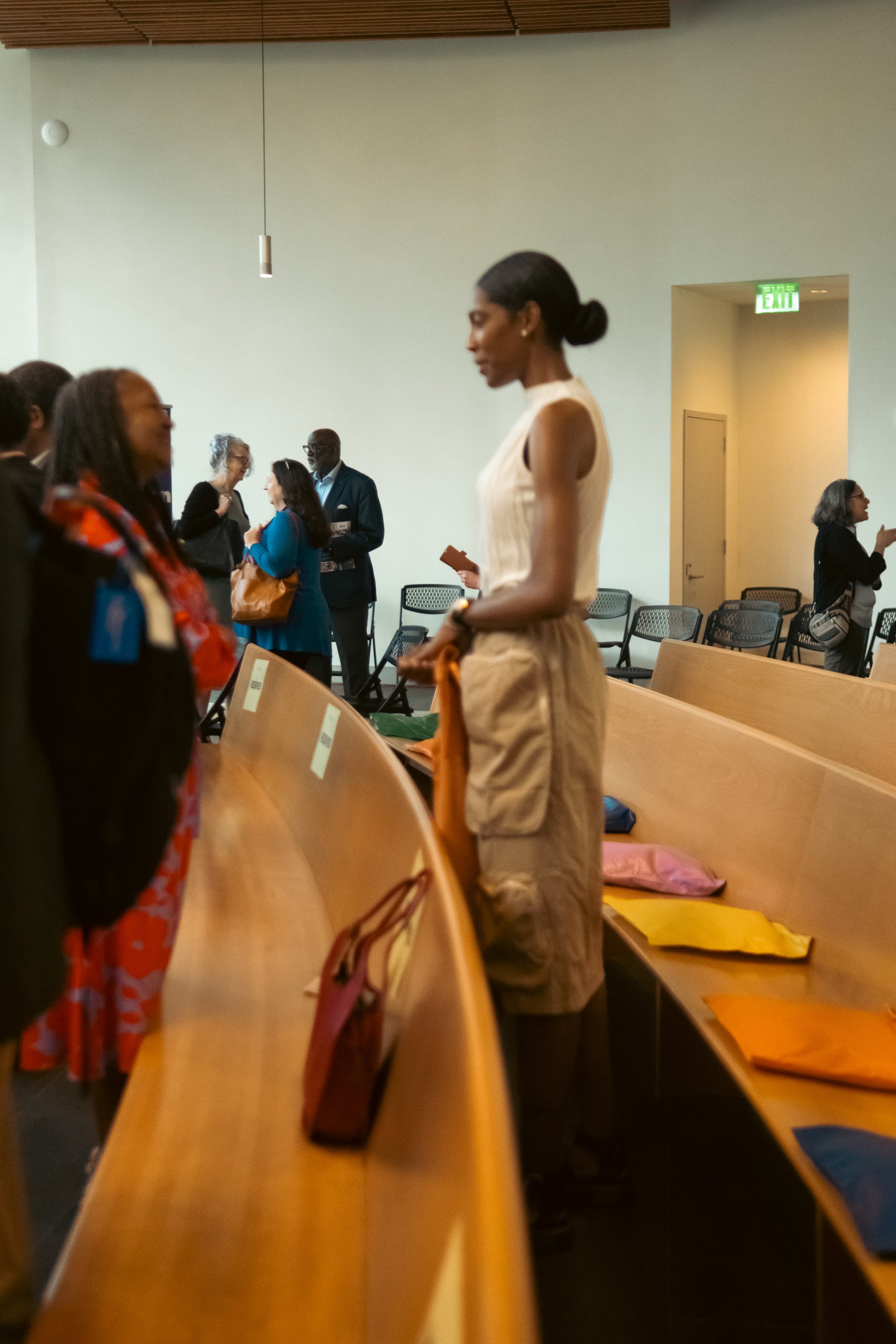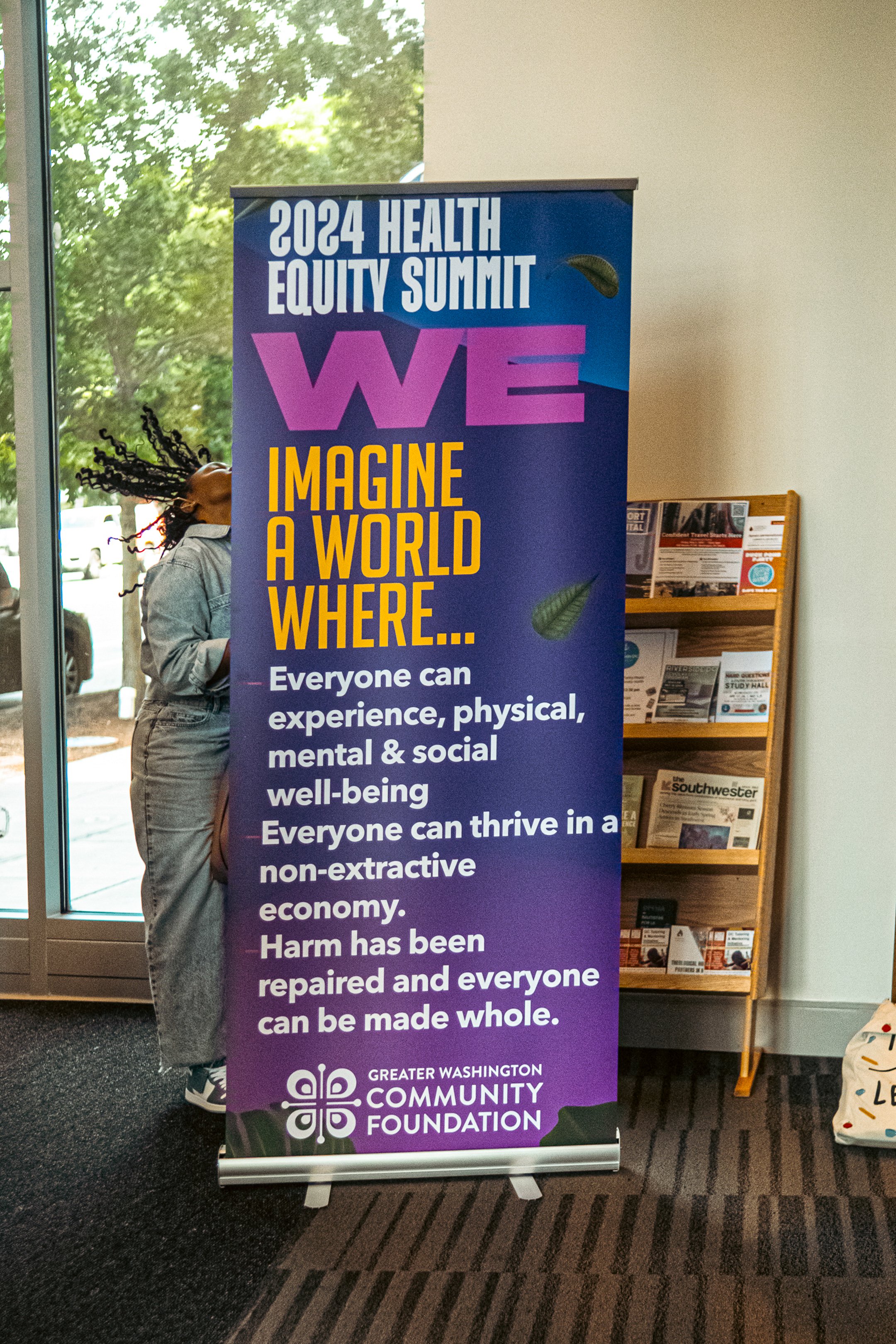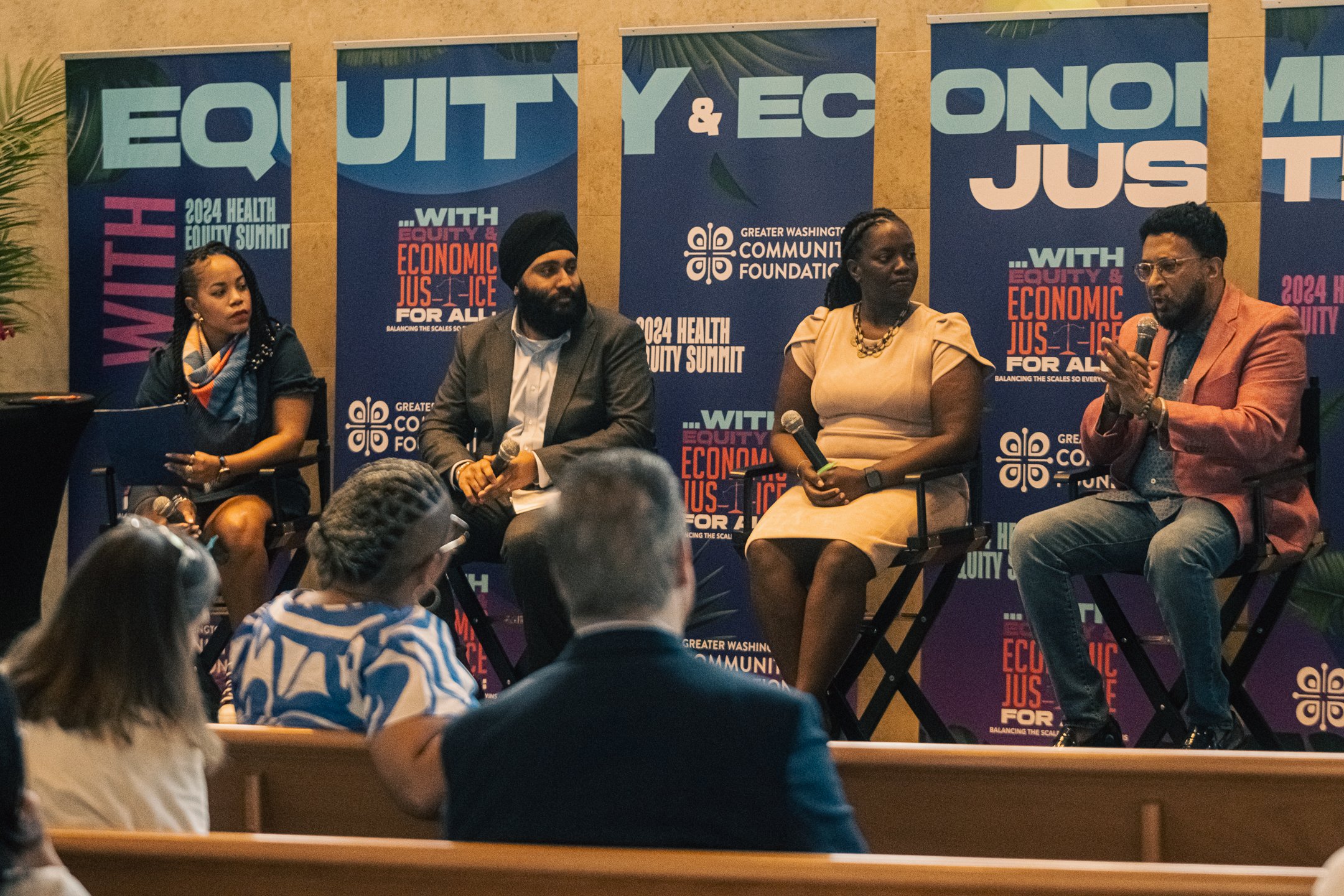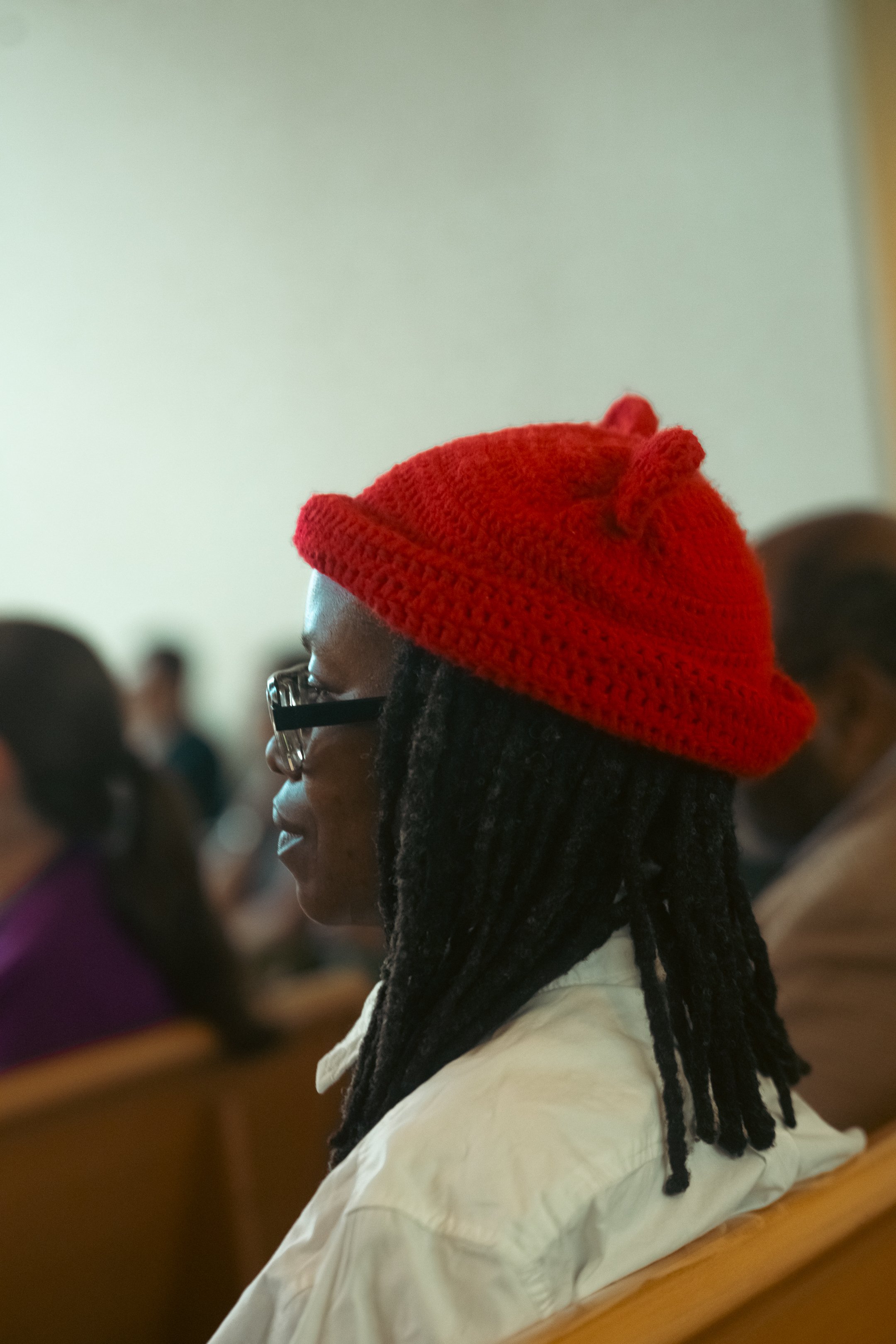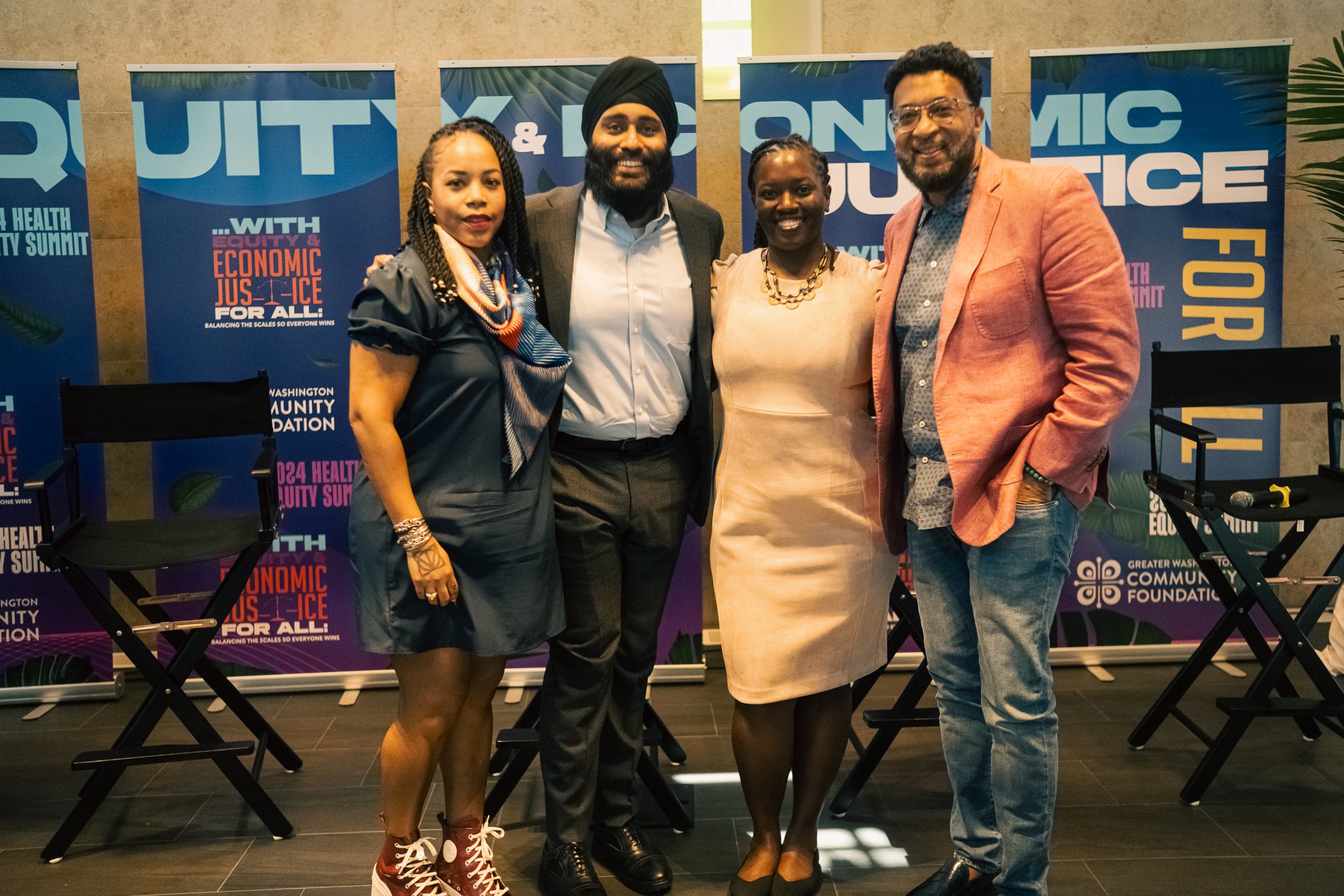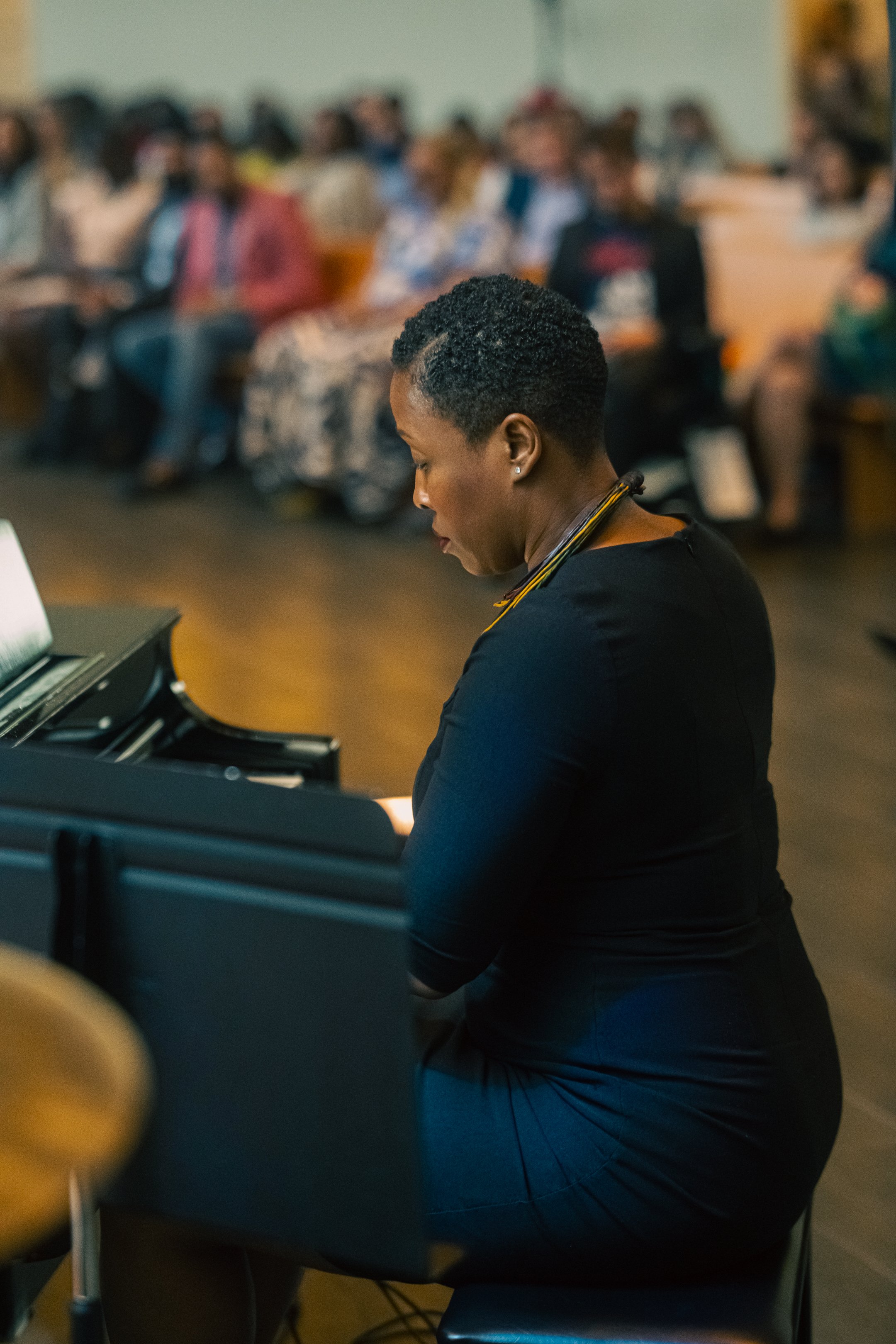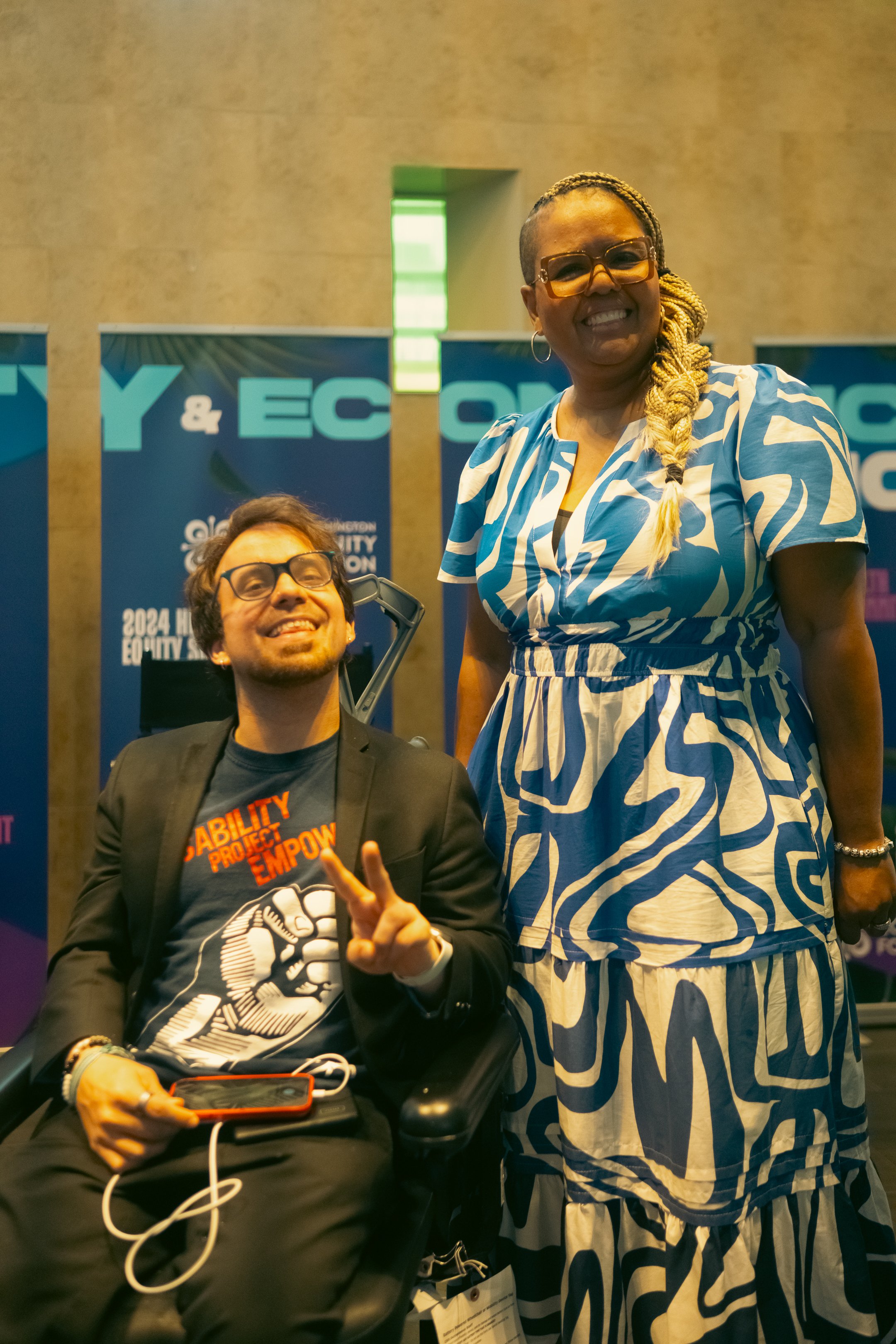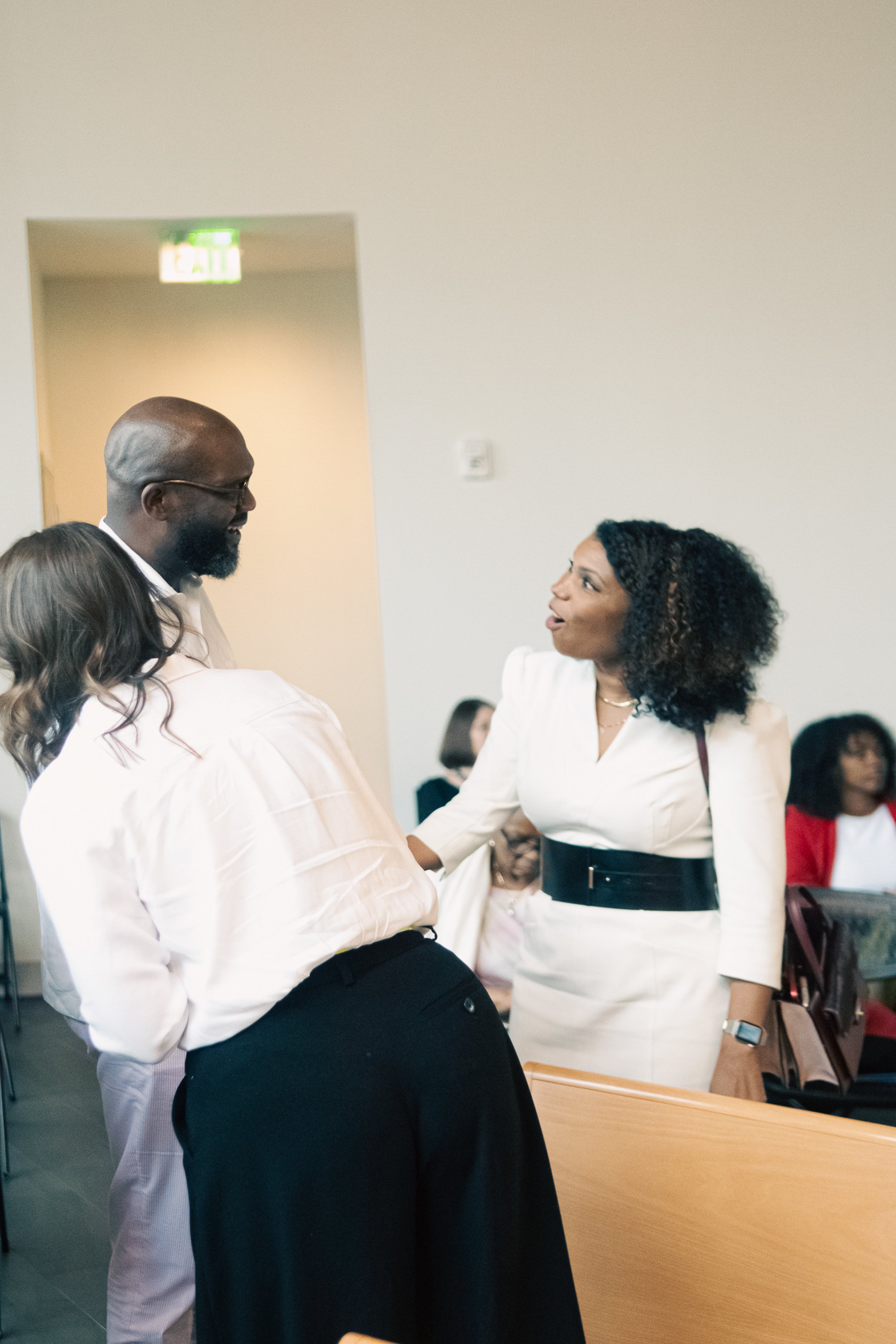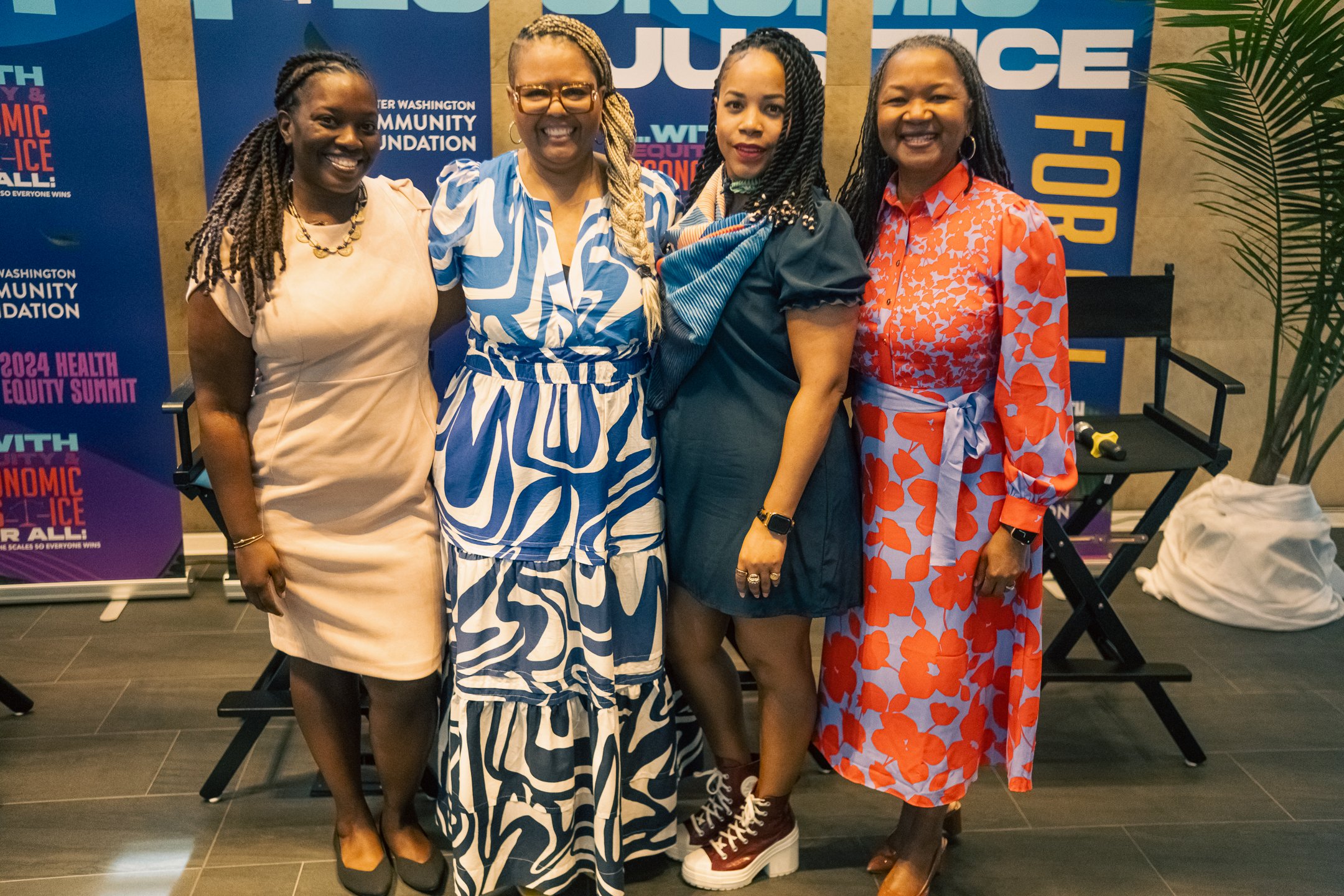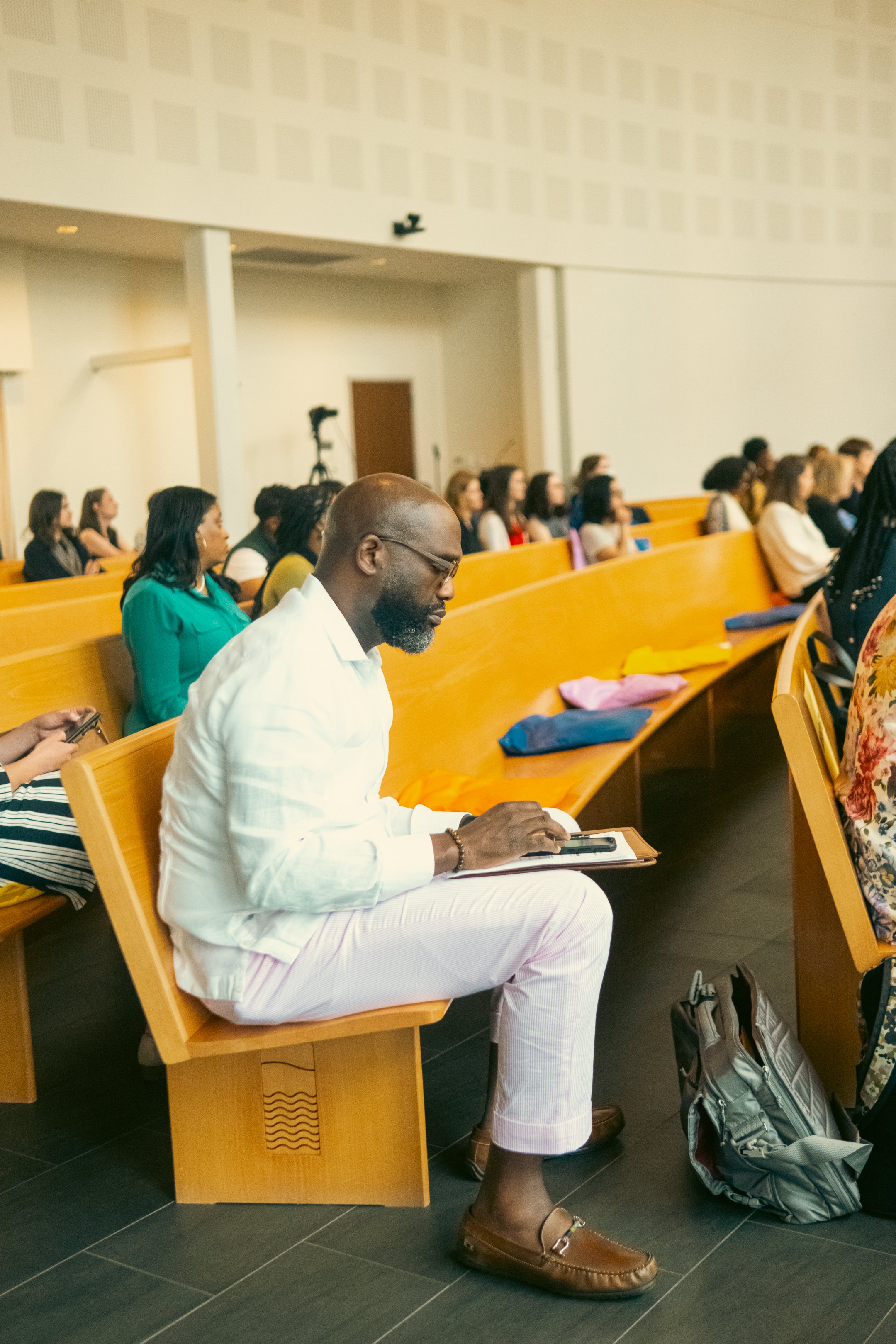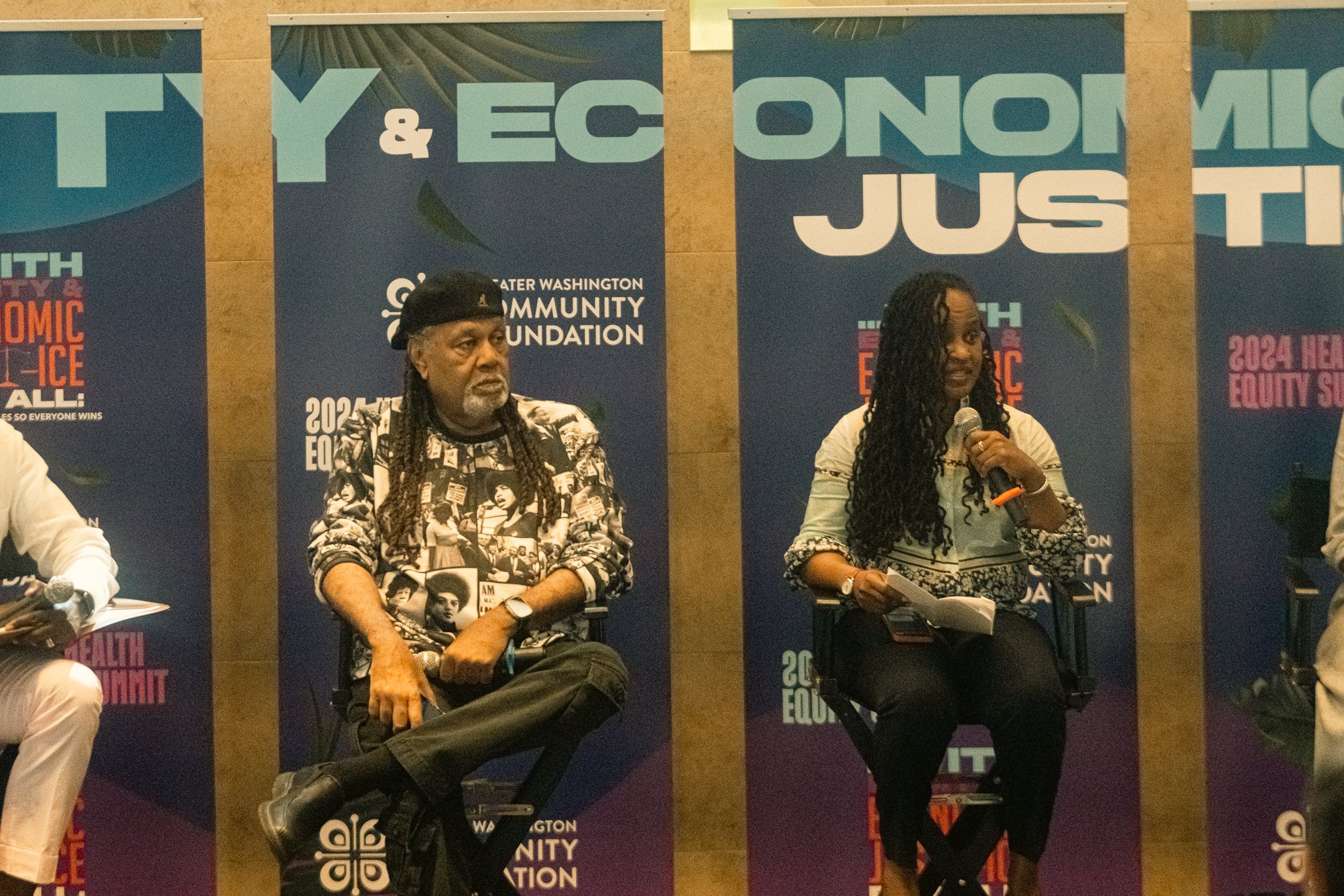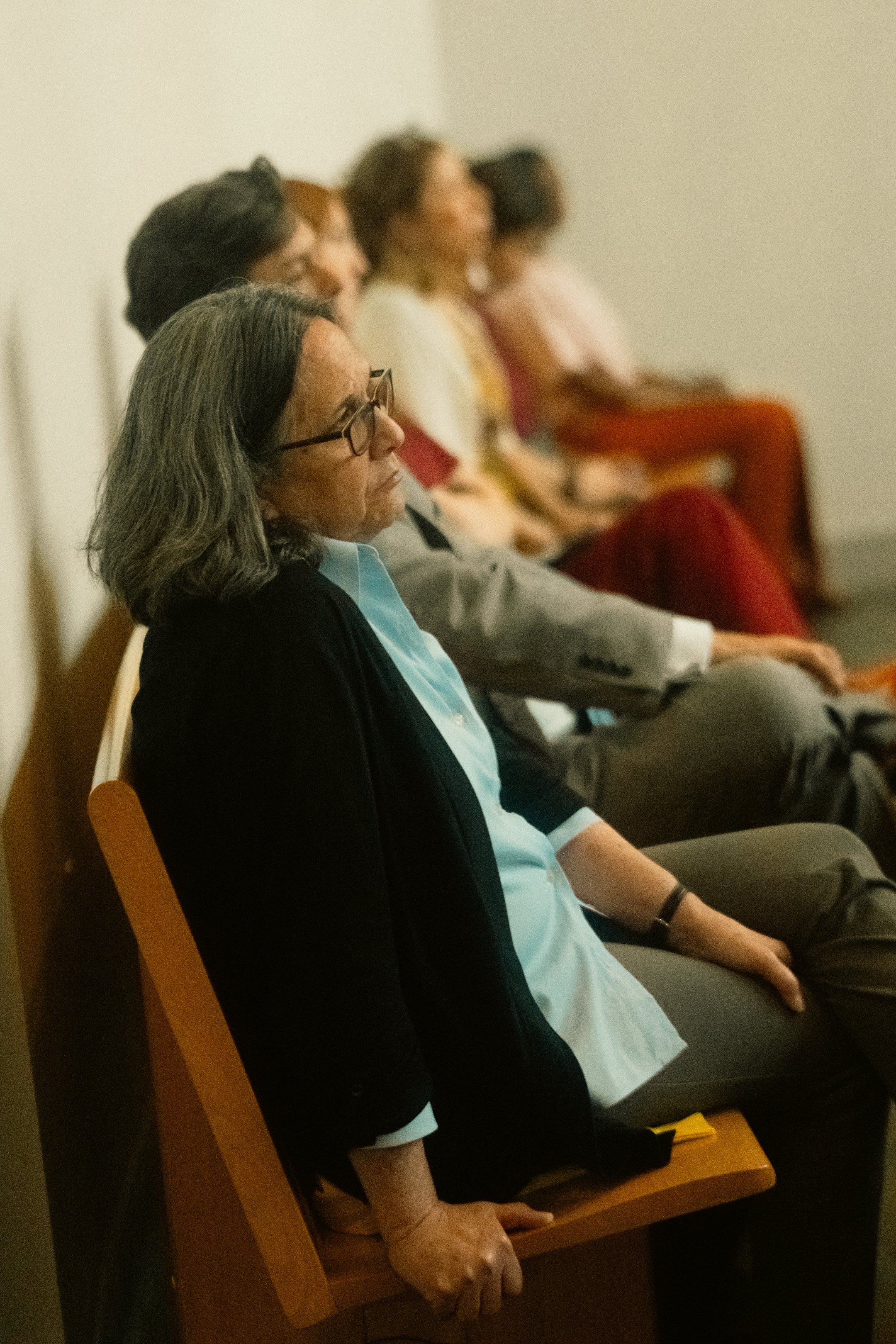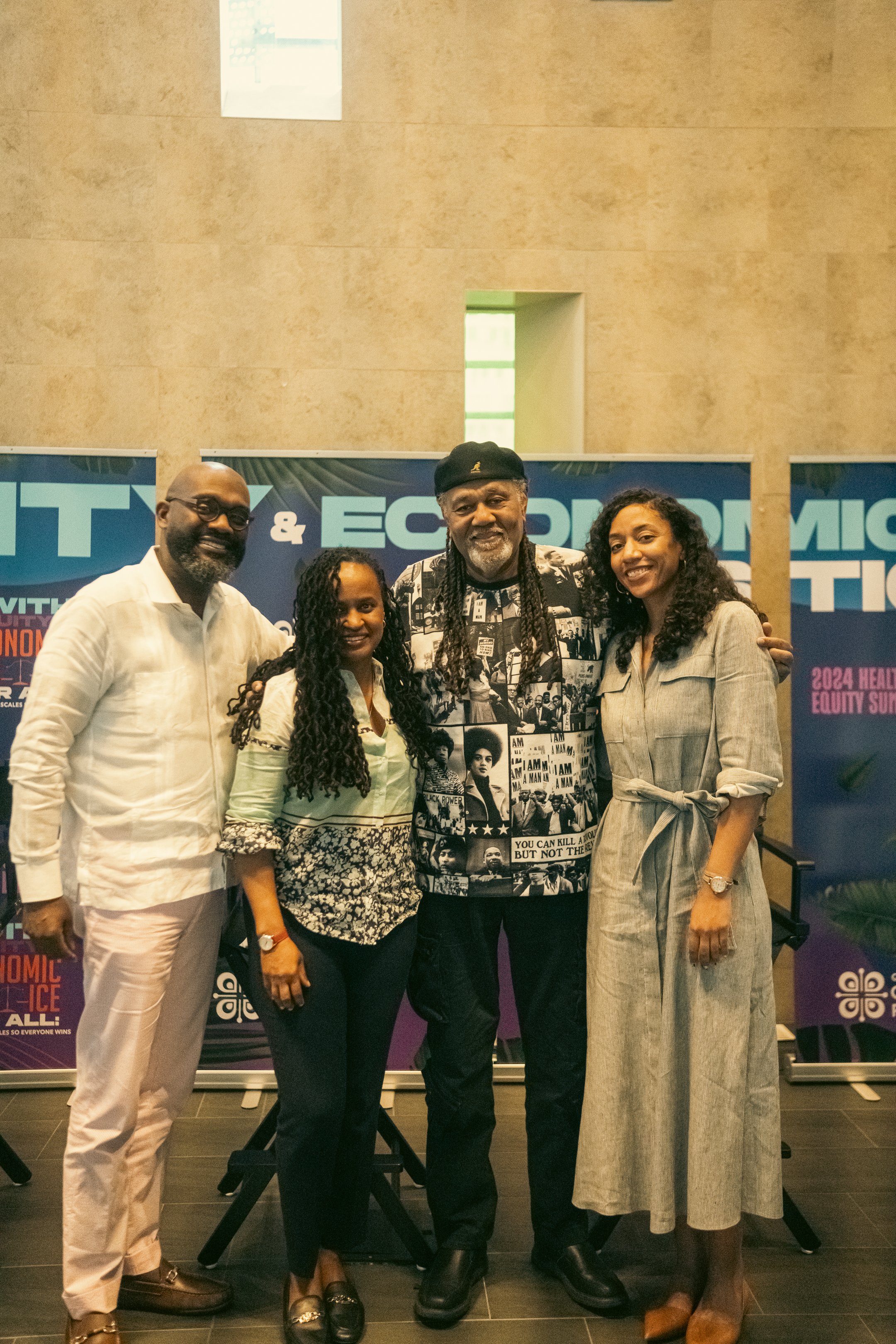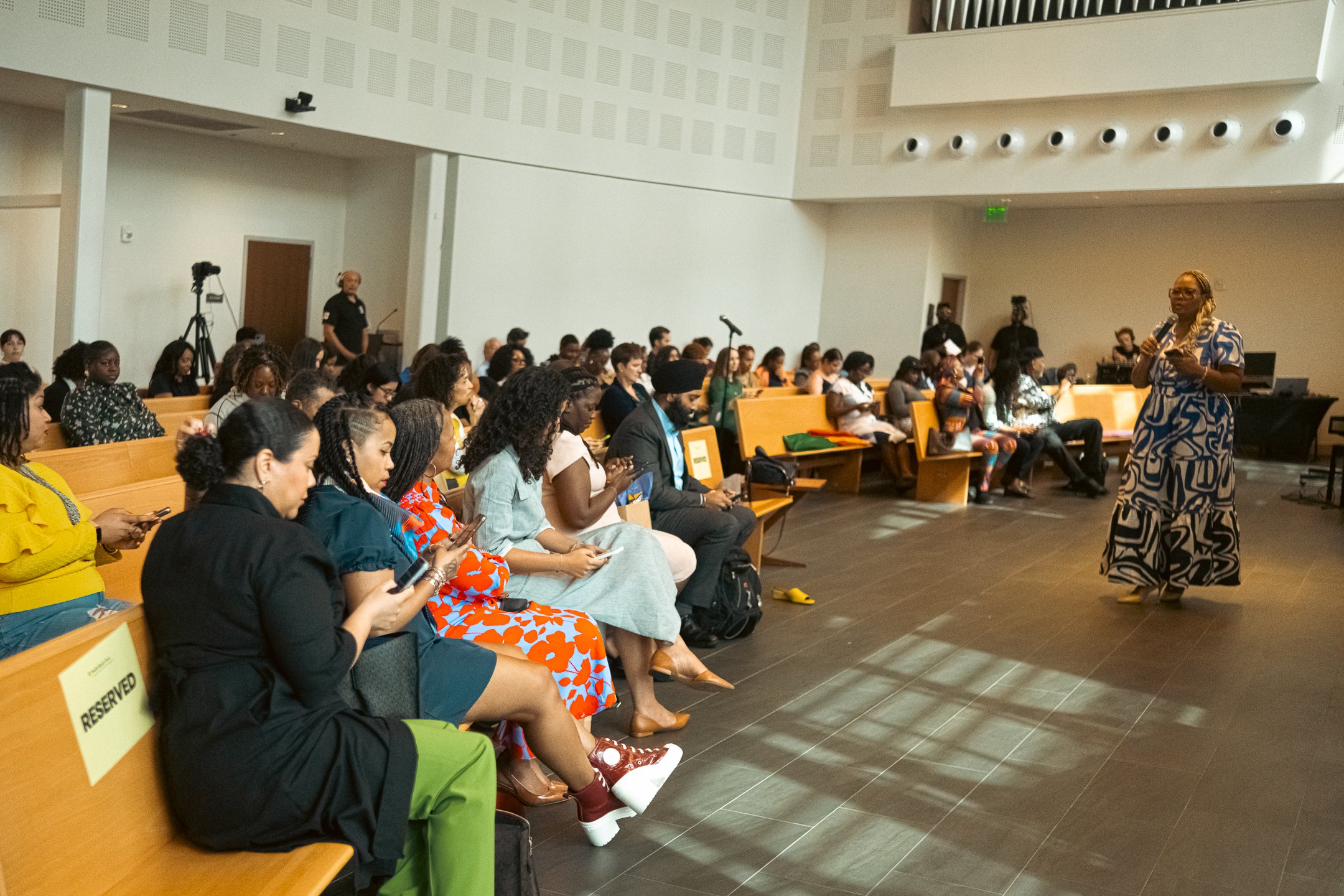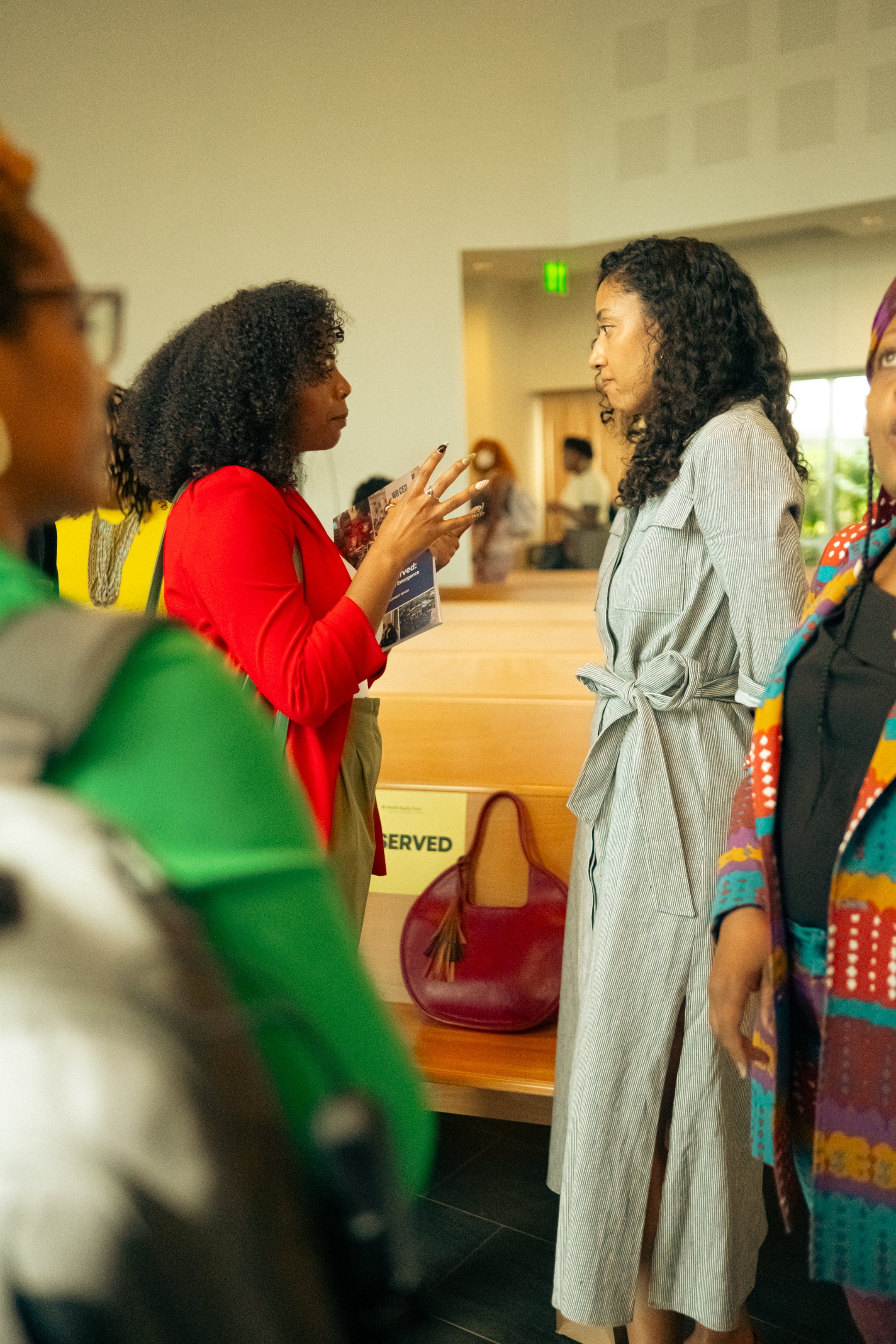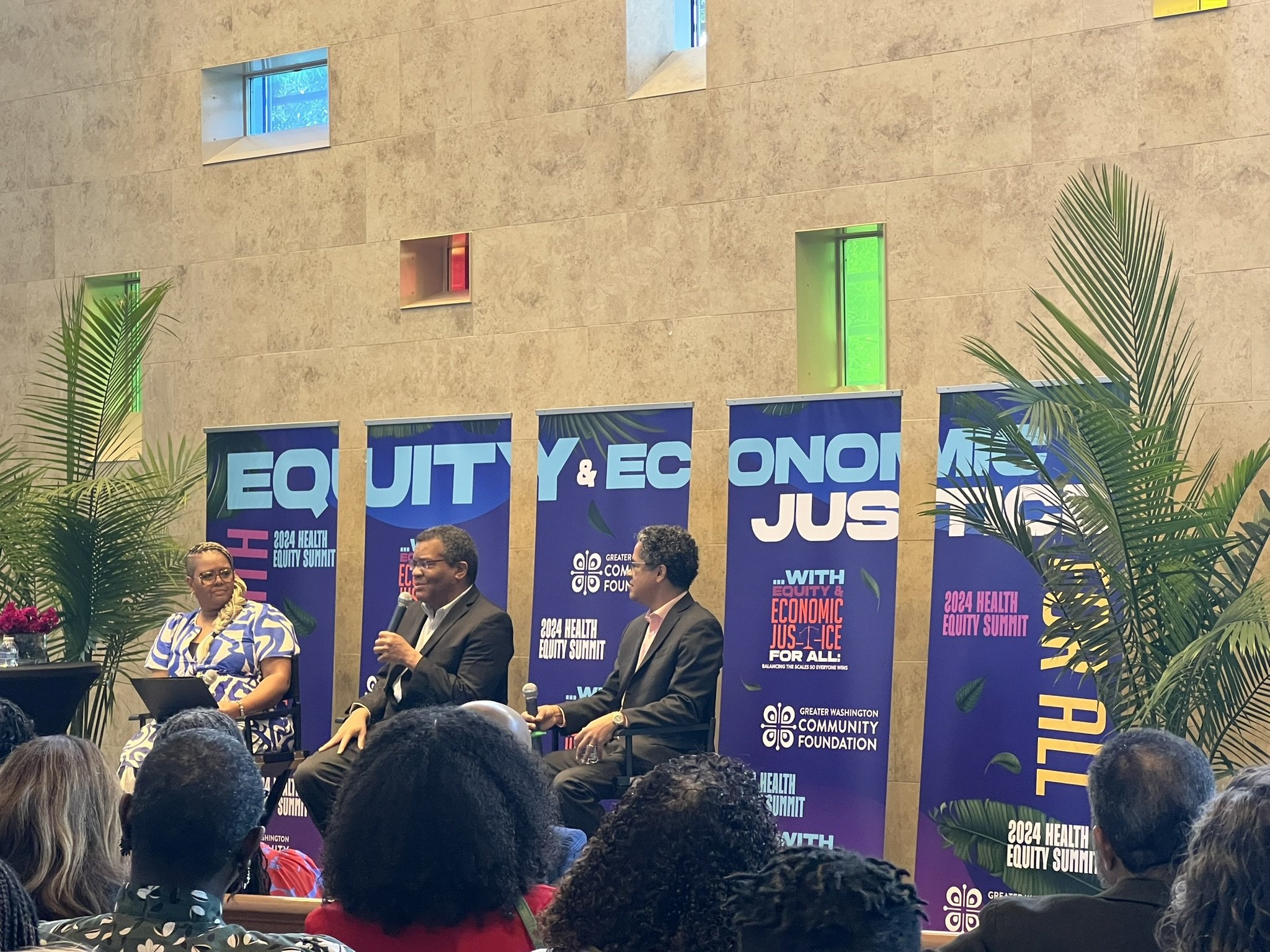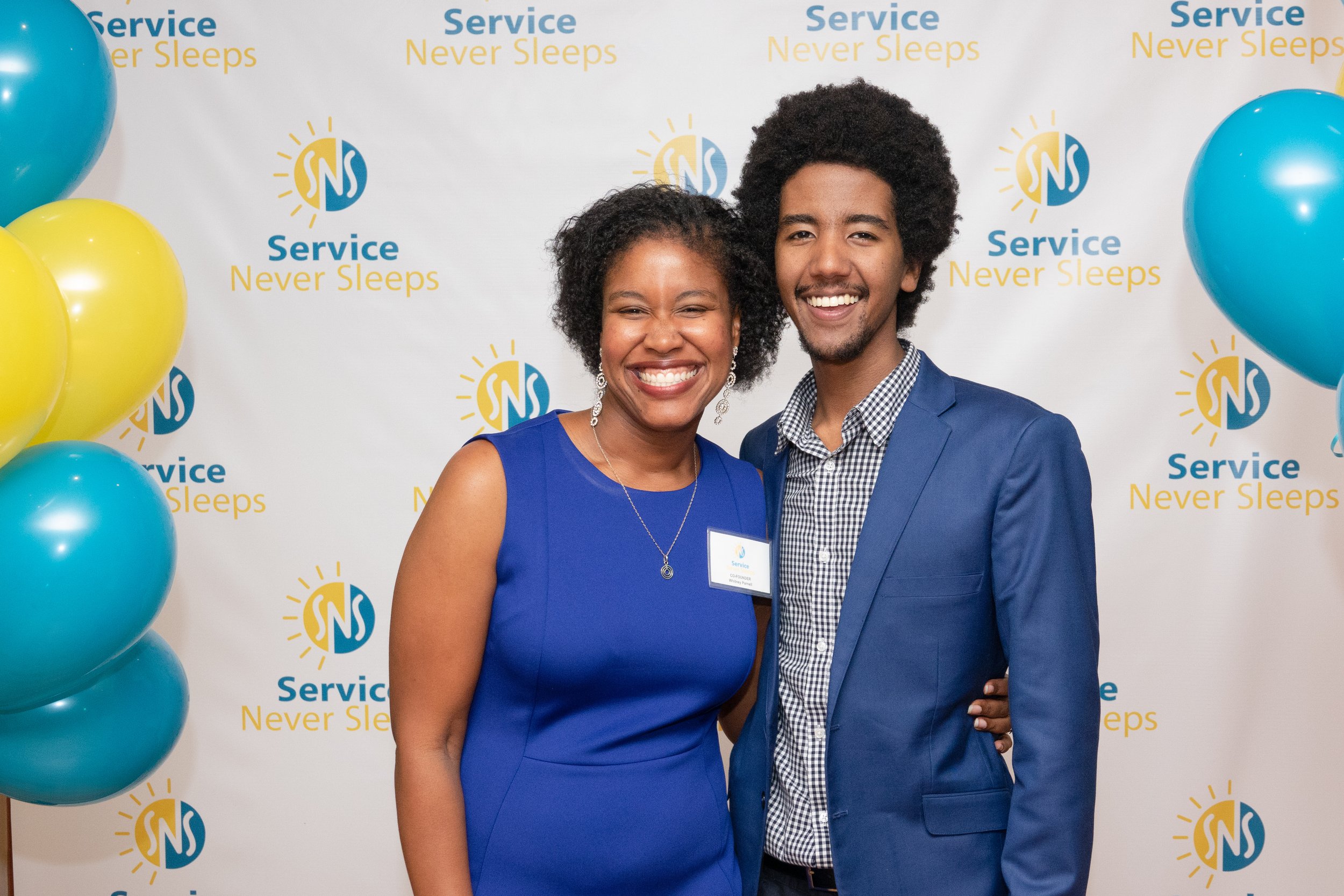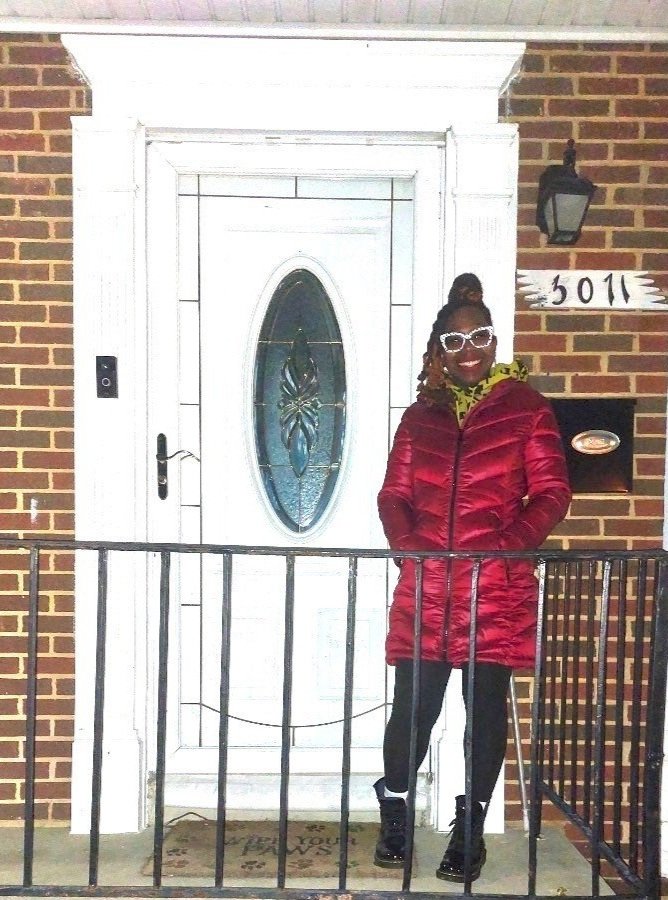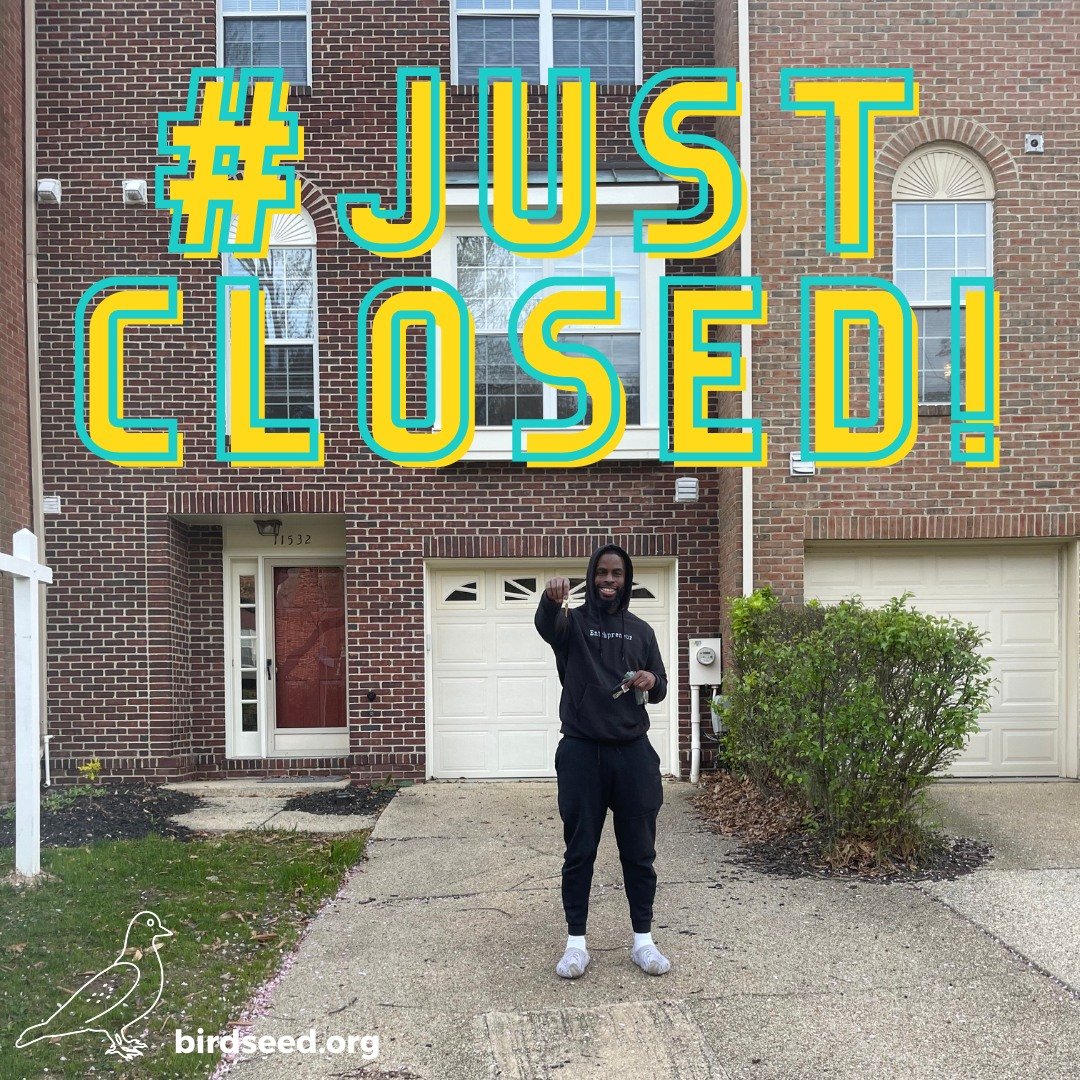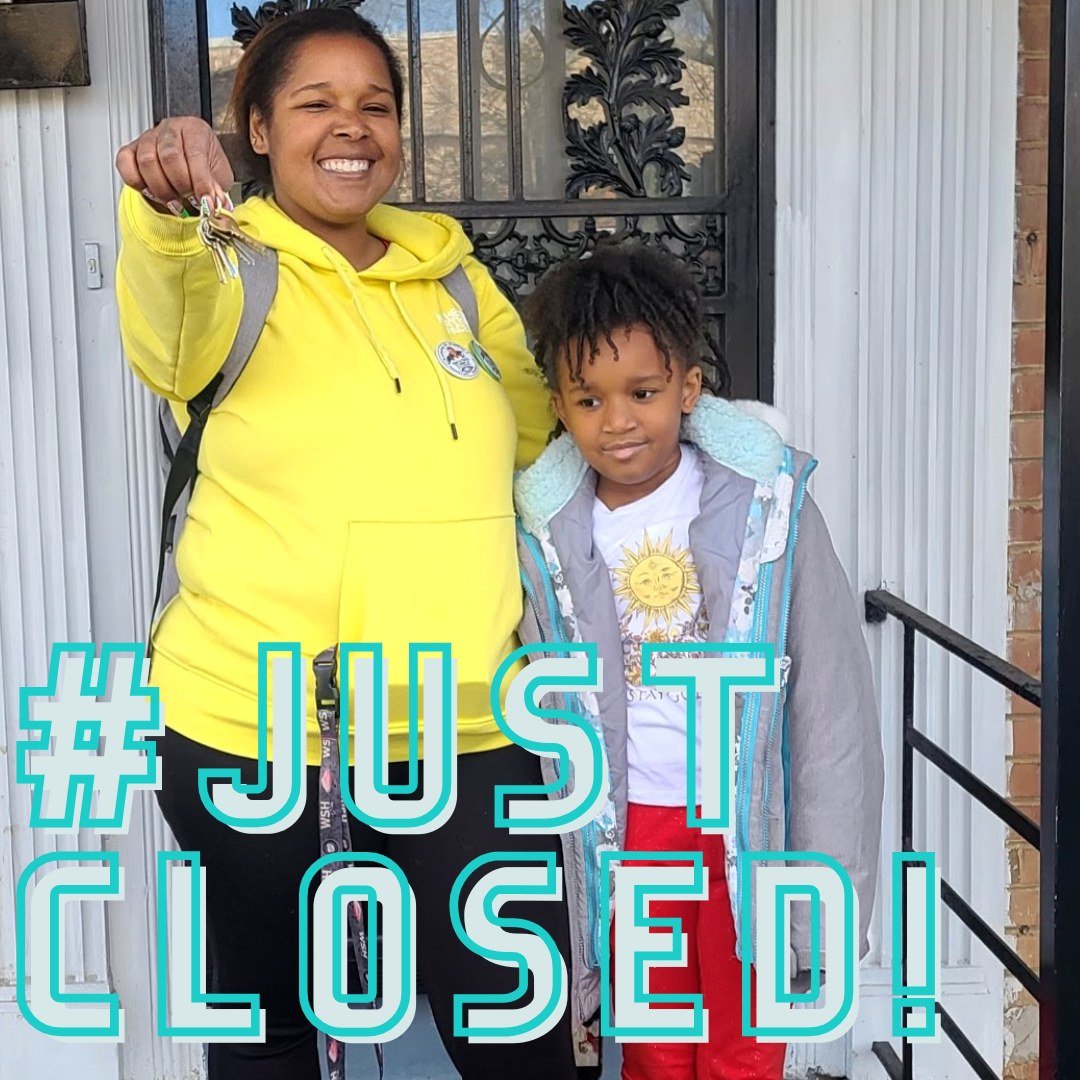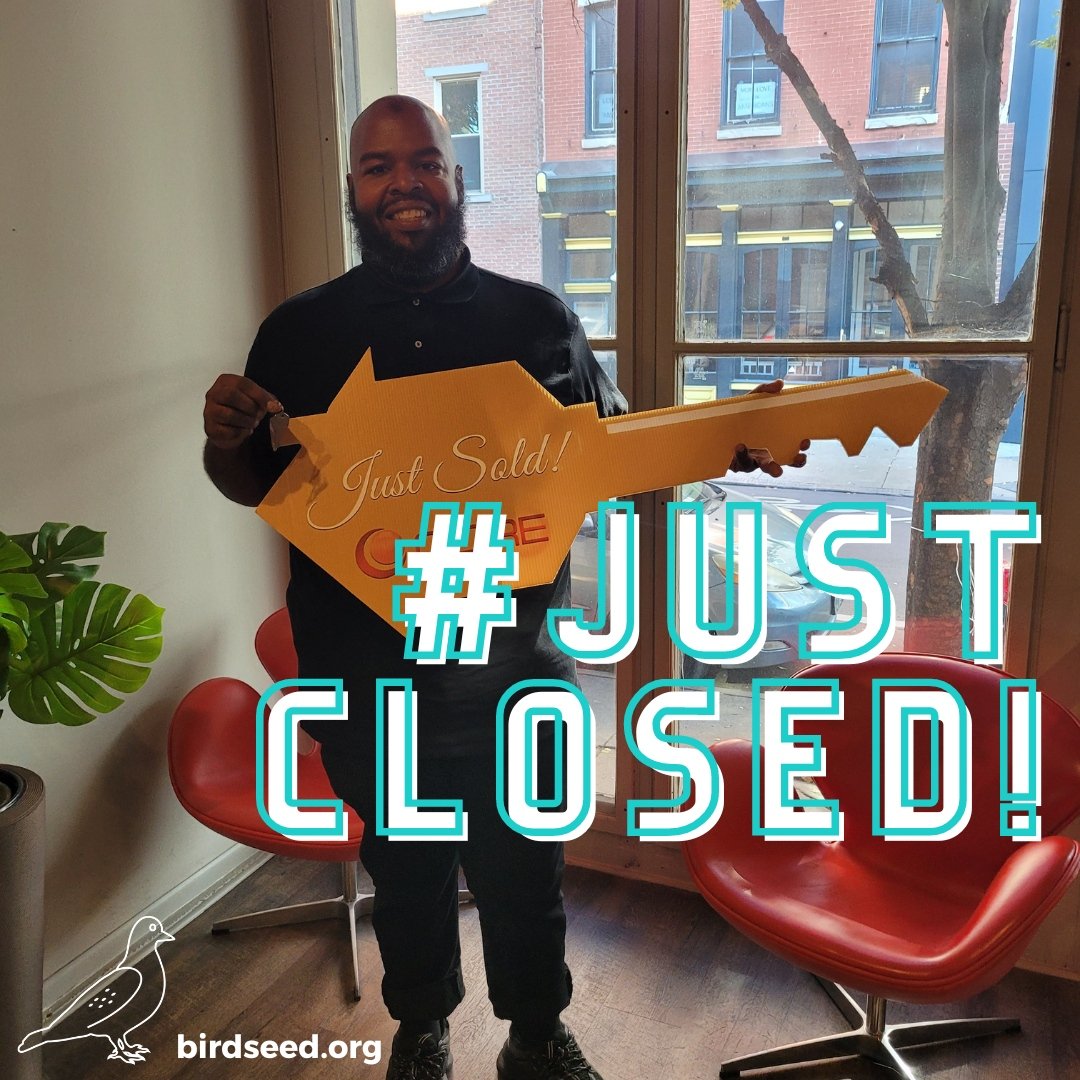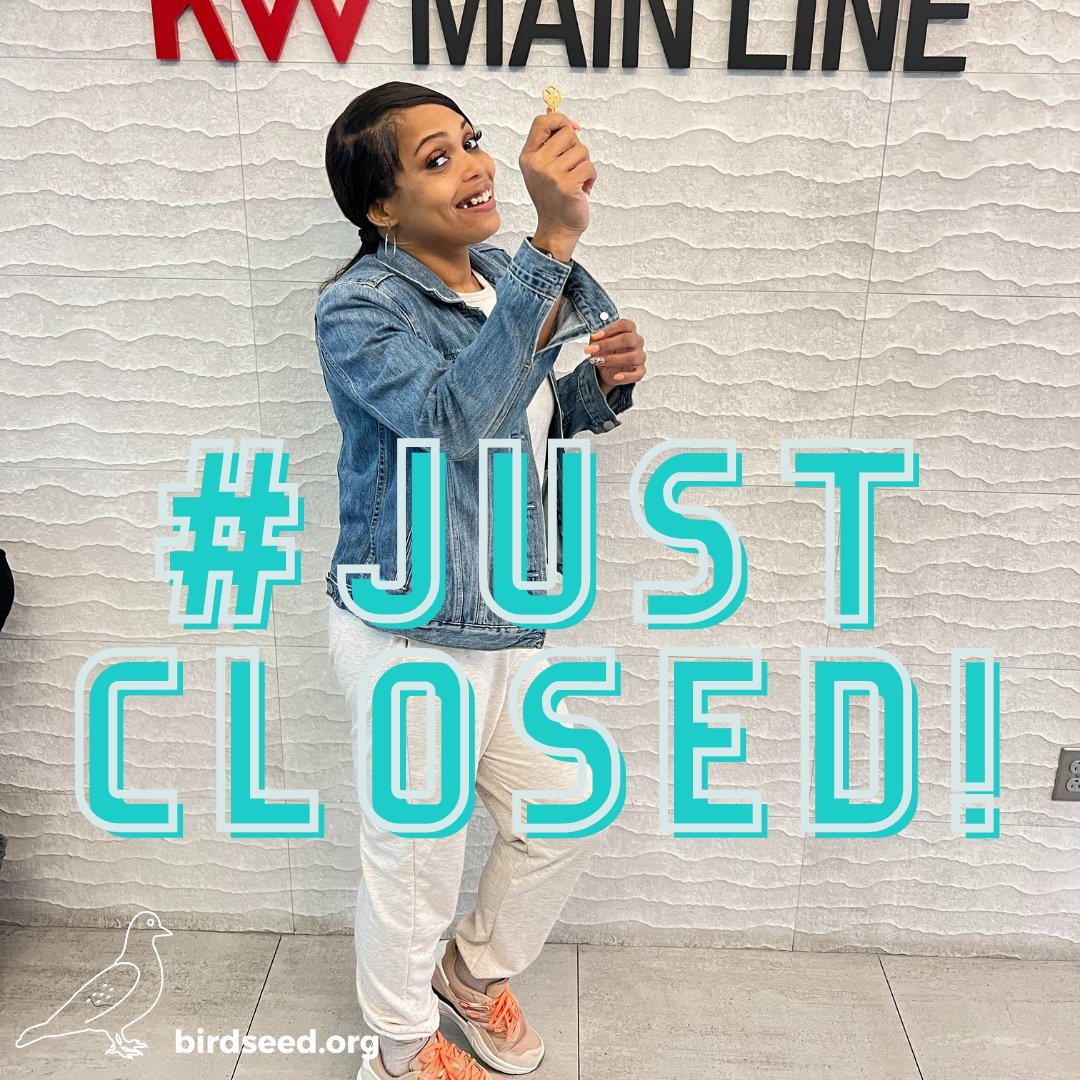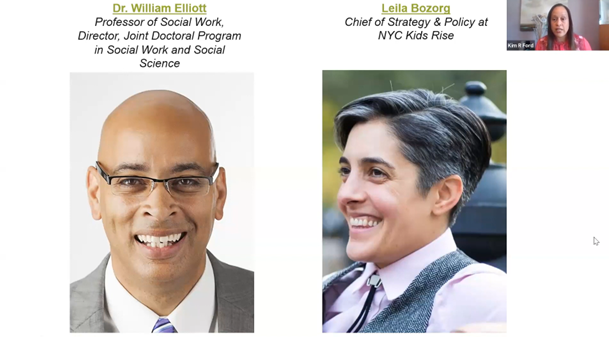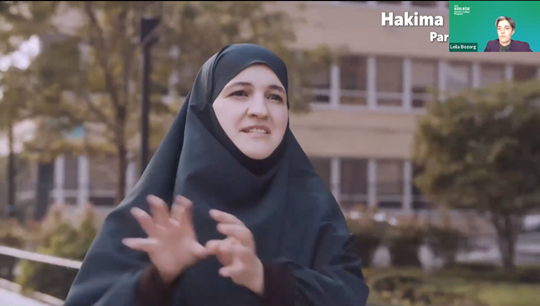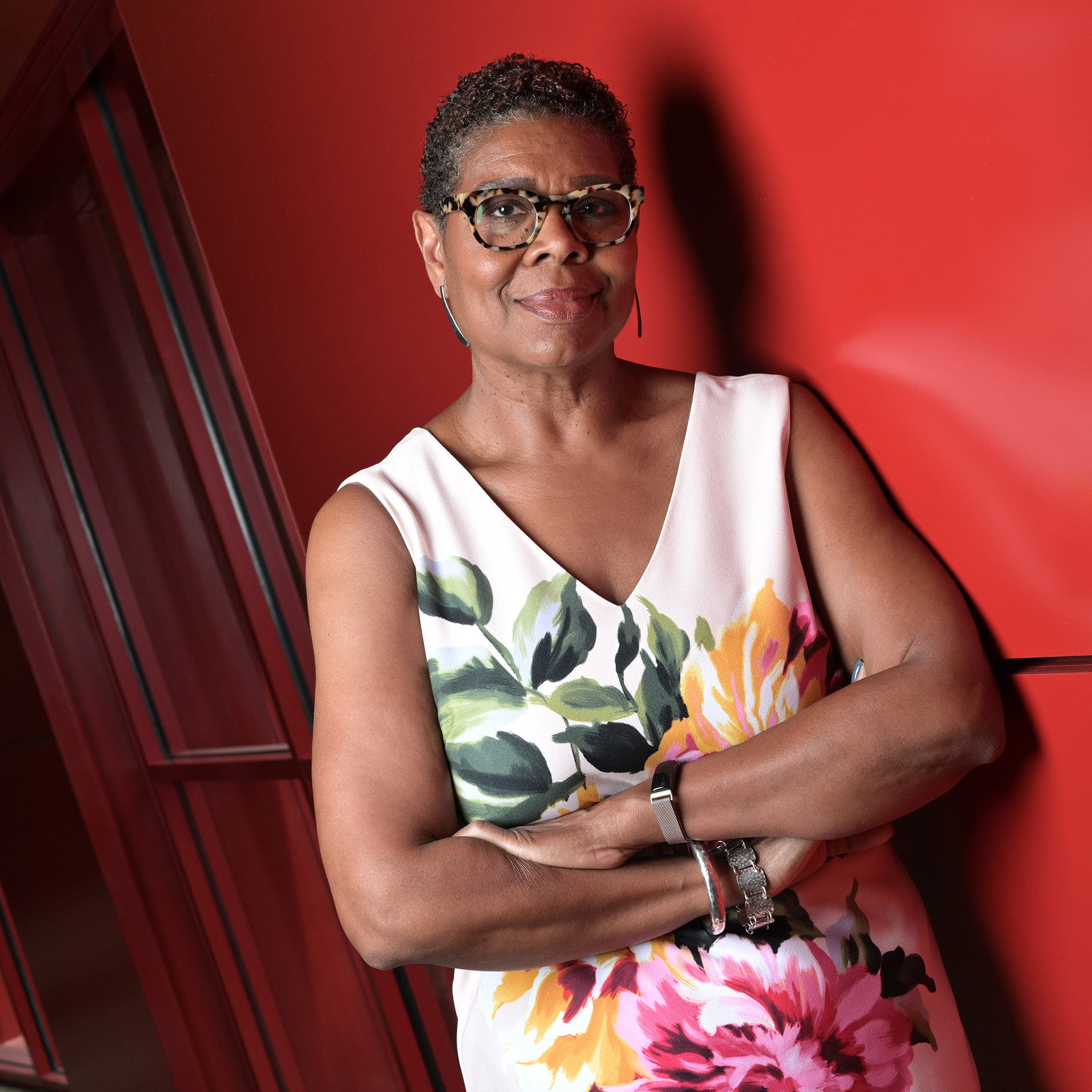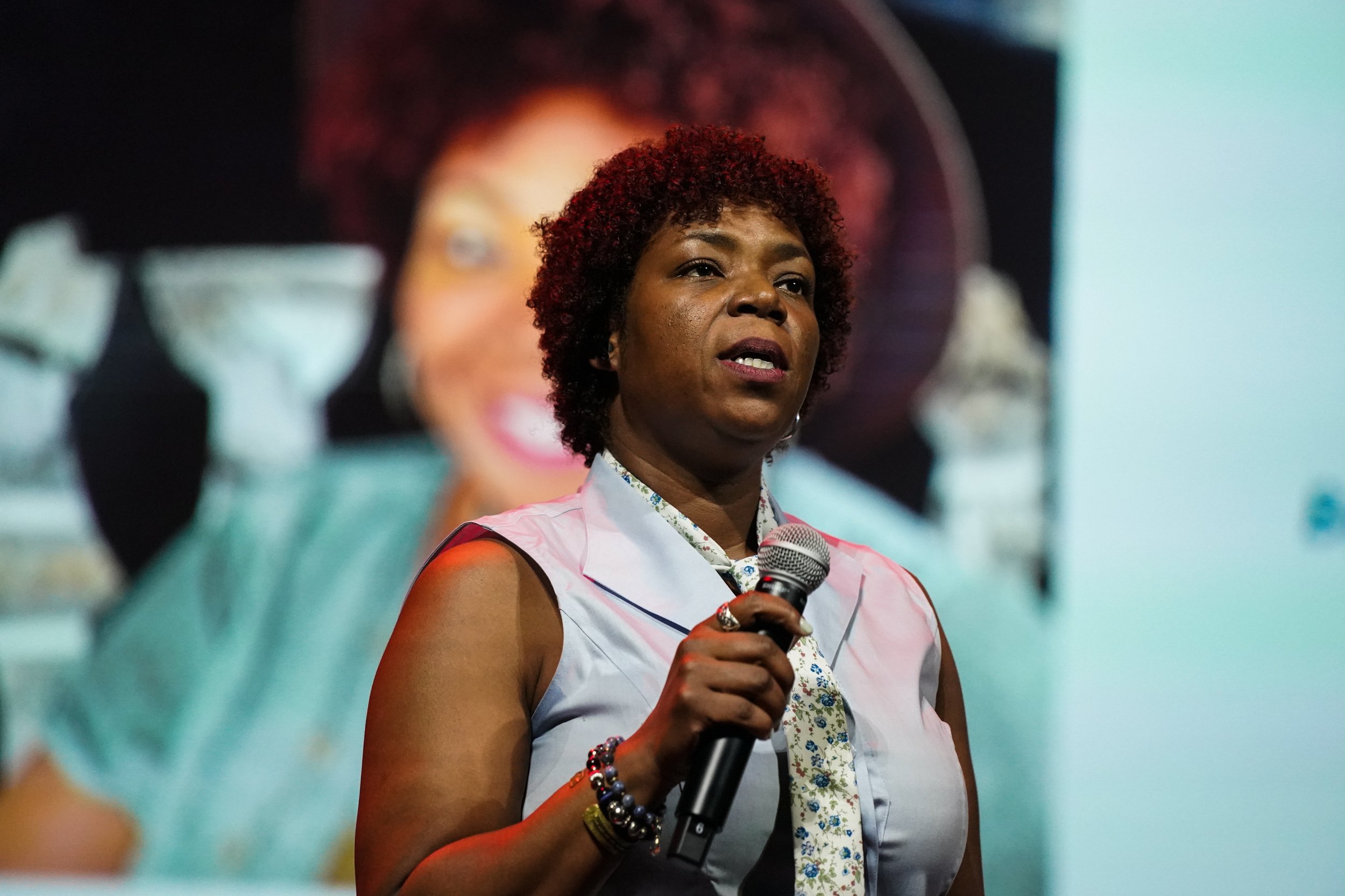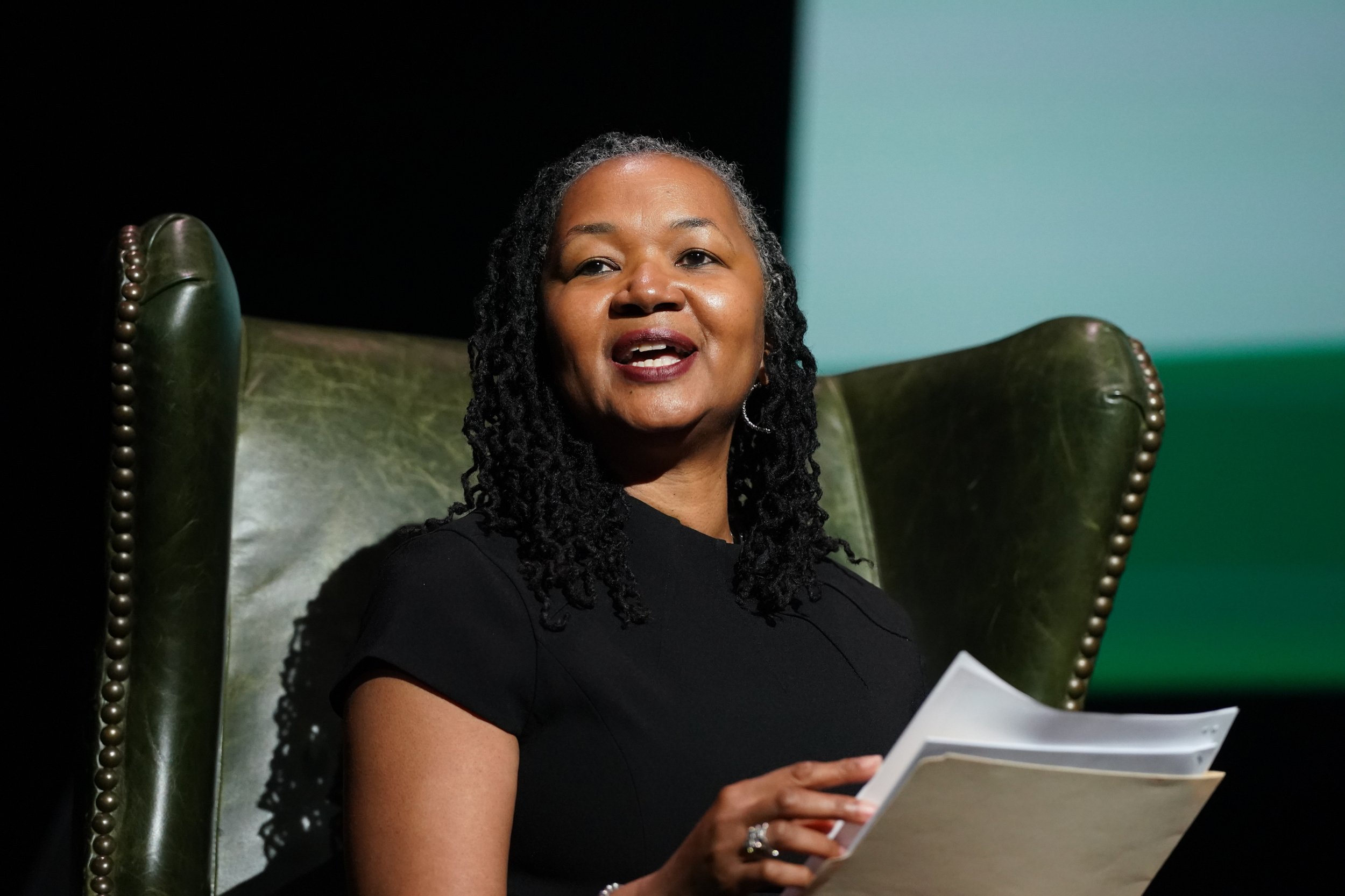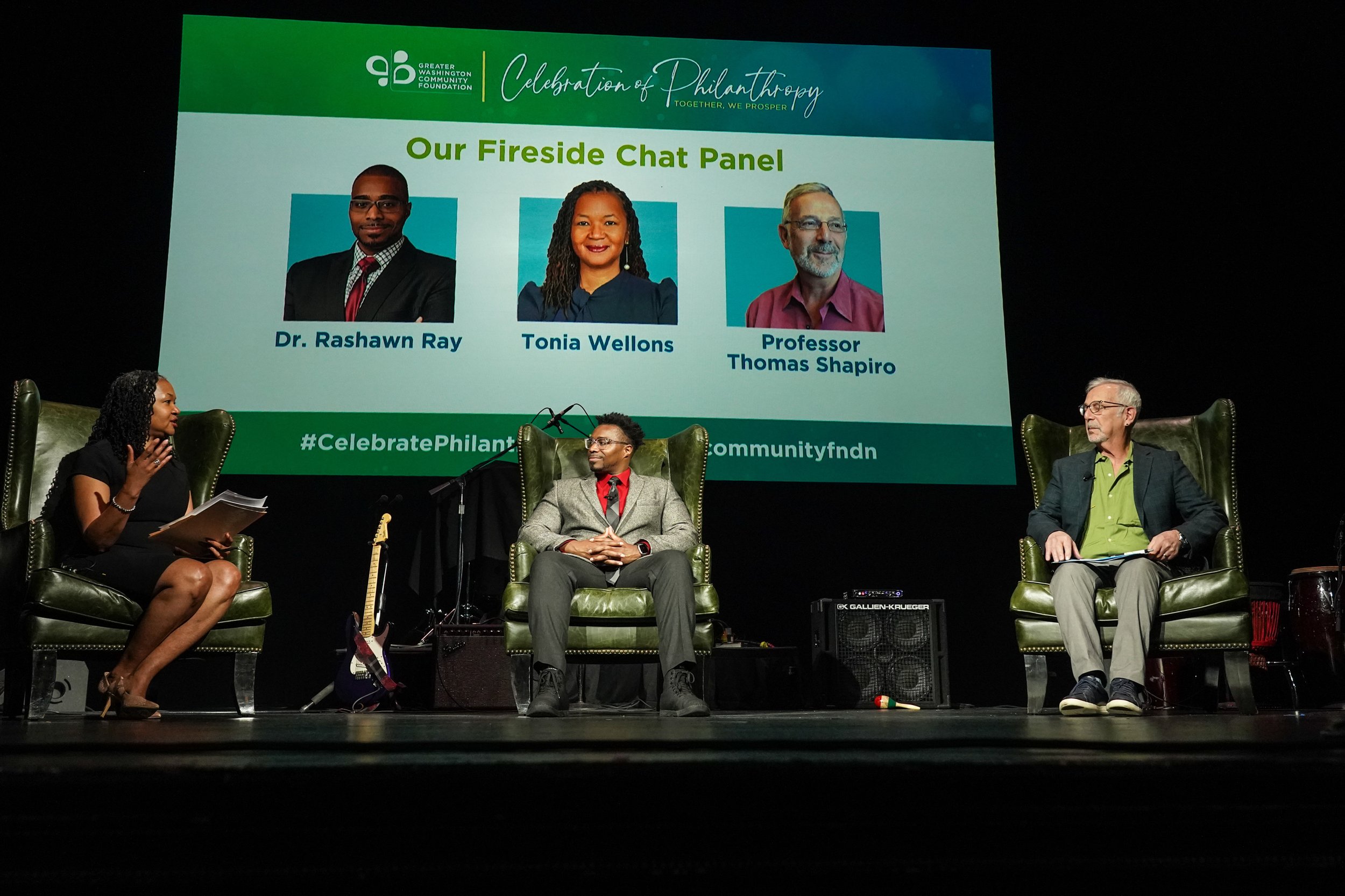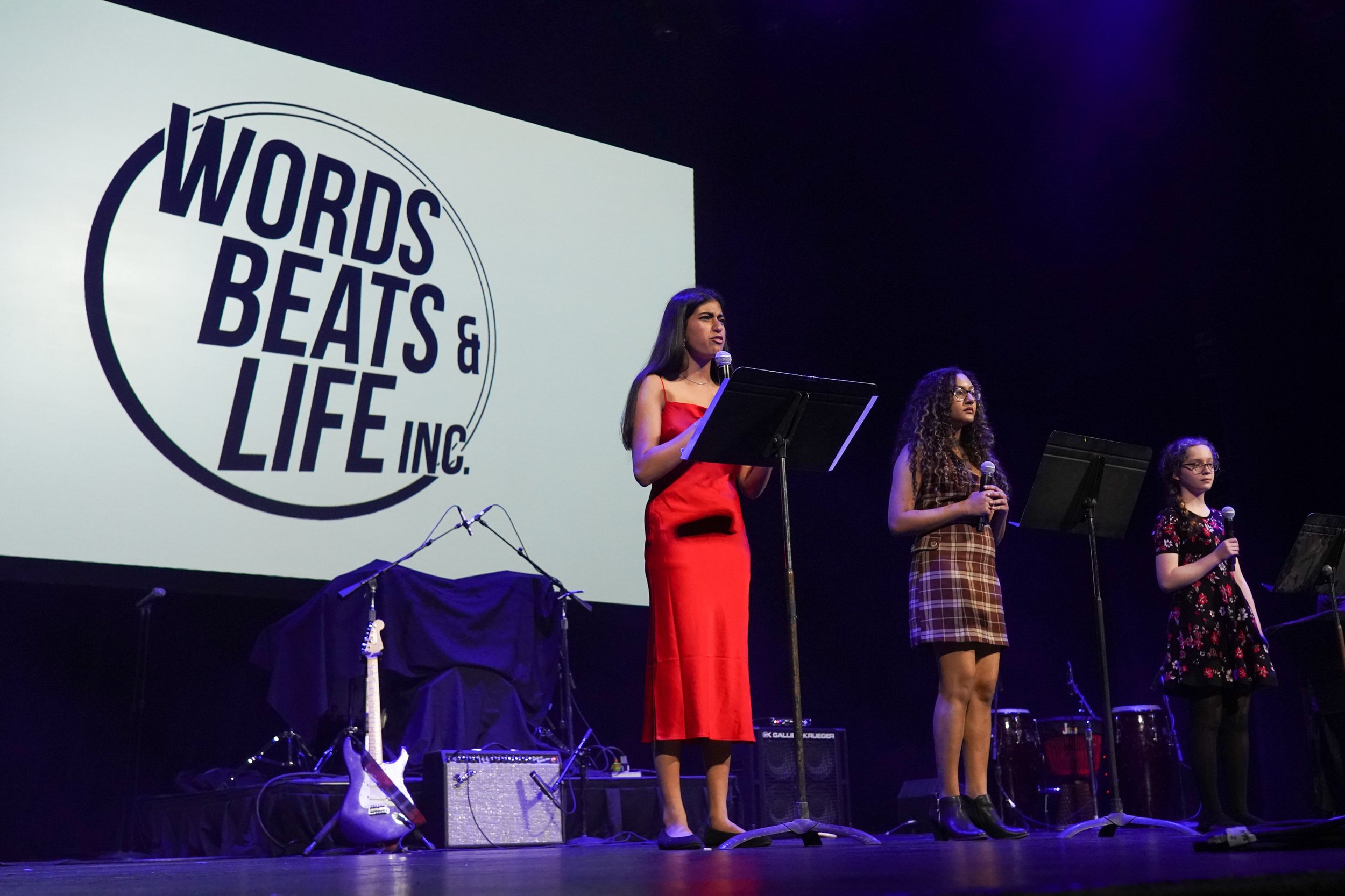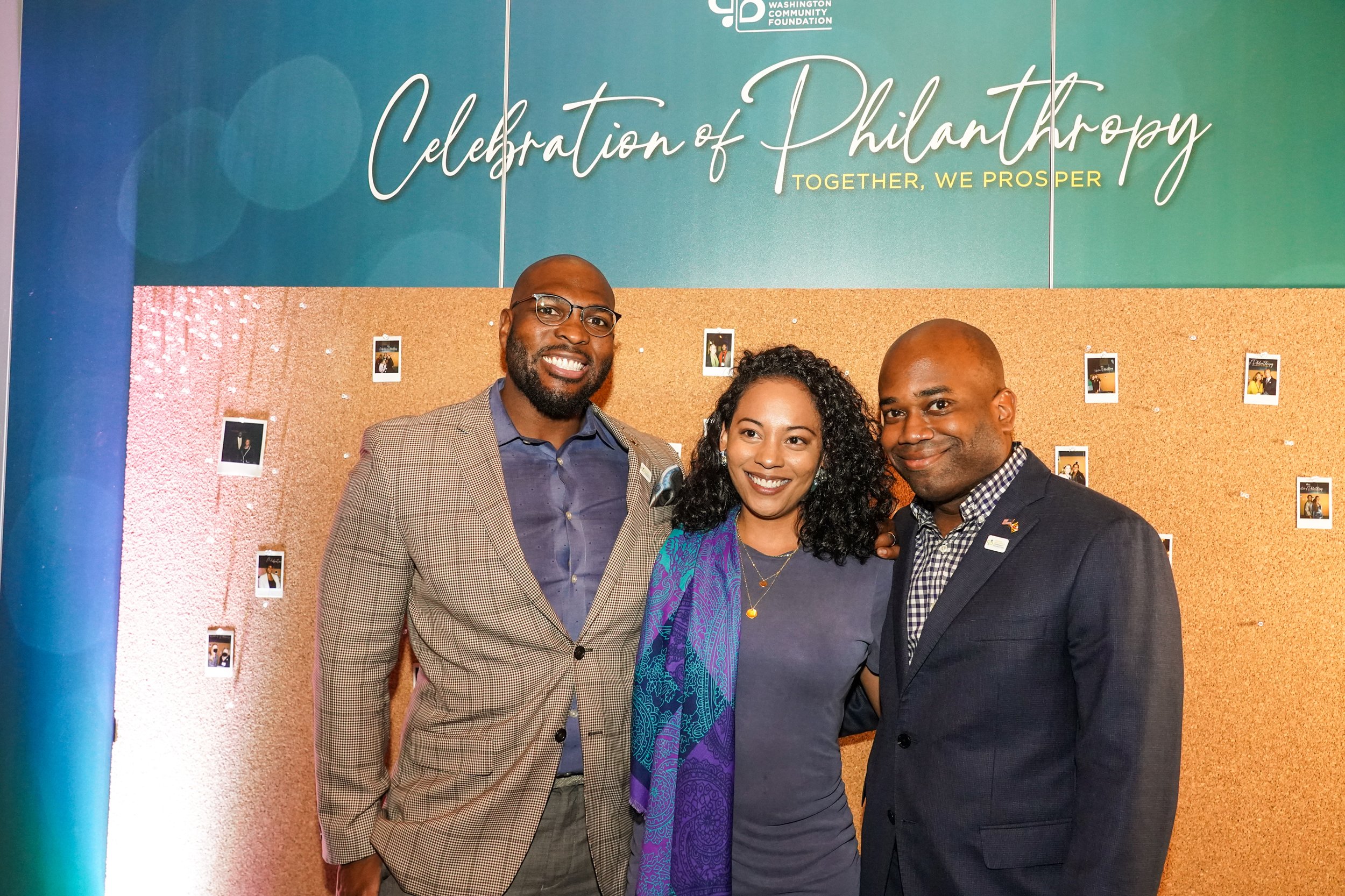The Community Foundation is proud to support Service Never Sleeps (SNS) as they release their Black-Led Project Report. The report engaged 117 Black leaders directly about their unique needs and challenges, as well as their approaches to serving the community based upon their lived experiences.
Whitney Parnell and Samson Girma, co-founders of SNS, sat down with our Chief Program Officer, Dawnn Leary, to share some of their major takeaways, ahead of the report’s release.
What can you tell us about the Black-Led Project research process?
We originally started the Black-Led Project after being told by multiple foundations that we didn’t qualify as “Black-led” when we applied for their funding in response to the 2020 Black Lives Matter uprising. Knowing that Black people are best equipped to define ourselves, we launched a pilot in the Spring of 2022 by interviewing 27 Black leaders–Executive Directors, Deputy Directors, Race Equity Officers, and Race Equity Consultants–about the question, What does it mean to be Black-led?
Gratefully, the Greater Washington Community Foundation funded our continued research, and we engaged a total of 117 participants by the end of 2023 through interviews, cohort discussions, and surveys. Through the process, we were encouraged by the affirmation of our original findings and were enlightened by additional takeaways from the larger participant pool.
What were some of the main themes from the Black-Led Project research that stood out to SNS?
There were dozens of takeaways from the research, but there were several major themes that clearly stood out:
Black leaders are uniquely positioned to lead in transformative and liberatory ways because of their experiences and perspectives.
Black leaders’ proximity to the community issues and experiences in the workplace allow for effective and innovative approaches to their missions – thus expanding the traditional notion of “good leadership.”One participant said: “Black folks tend to have a specific sort of lived experience that allows them to have an expansive view on solutions to particular social issues. Bringing that lived experience to the table actually helps produce better outcomes for all people…particularly in the nonprofits and social sector space because there’s a much better understanding of what’s actually happening in communities, and what we’re trying to support.”
Black led organizations can benefit people of all identities, due to their tendency to create “people-first” cultures that guide internal and external priorities.
Black led organizations prioritize cultures of community, joy, and wellness in order to ensure that they support employees as full people, which in turn allows staff to show up effectively to their important missions.“Everyone gains when you can breathe, when you are in community, when you care about how people show up with their whole selves,” one participant shared. “When it’s pro-Black and Black-led, those things are centered, and everyone benefits in an organization.”
Black leaders face many unique challenges, including disrespect, insufficient funding, and unreasonable expectations amidst barriers.
As part of taking on difficult leadership situations – which often come with unfair and unrealistically high standards, many Black leaders face challenges that impact their health and ability to successfully lead their organizations.
“Many Black leaders are put in impossible situations where no leader would be expected to succeed,” one Black leader shared. “When they fail, this reinforces stereotypes.”
Black leaders need support from all directions to lead their organizations.
There are so many ways that Black leaders and their organizations can be invested in to ensure that their powerful work can continue. Some specific needs that were mentioned included Black leaders’ needs for community with other Black leaders and operational funding to sustain the organizations and themselves. A thriving leader is best positioned to lead a thriving organization and drive community impact; so it should be everybody’s responsibility within and proximate to the organizations to ensure that Black leaders thrive.
“[With funding] you are telling Black people that you trust us enough to lead,” one participant remarked. “You trust us enough with the grants, with the budgets, with the money. But you also trust our experiences and our perspectives.”
What will SNS be offering as a result of what it heard and learned from Black leaders?
Service Never Sleeps Whitney Parnell, Founder & CEO and Samson Girma, COO
The two years of research equipped us to write a robust report, and to create a supplemental training to accompany it.
Beyond a descriptive outline of the definition of Black led organizations, both resources provide a detailed spotlight on Black leaders’ experiences and insights, an extensive guide of equitable practices and effective leadership by centering Black leaders, and a charge to fund and support the sustainability and thriving of Black leaders and Black-led organizations.
The report is free to access on our website – where you can also sign up to participate in the supplemental training course. The training is meant to dive deeper into the report’s content, including providing opportunities to reflect in community, and develop next steps relative to participants’ individual identities and roles within institutions.
What do you hope for how the space will evolve to better recognize and support Black leaders based on what you heard and learned?
First and foremost, we hope that Black leaders will be trusted for the fantastic visionaries and deliverers that we are. Anti-Blackness is pervasive, and Black leaders face numerous barriers that prevent us from leading effectively and driving our important missions. We hope that Black leaders will be supported more.
If we say we care about Black led organizations, then we must care about Black leaders; and if we want to sustain Black organizations, then we must sustain Black leaders. It’s all intertwined, and sustainability is key.
Black led organizations should not only be championed during particular political climates or in response to egregious headlines; rather, the support should be consistent. Black led organizations have so much to offer communities and their people, and they can only live into that full potential with the adequate backing and resources to do so.
As The Community Foundation seeks to implement ways to center and operationalize equity within its grantmaking, this research will inspire ways The Community Foundation can transform its grantmaking practices to better center and support BIPOC leaders while reducing unintended barriers these leaders are experiencing.
We are so excited to dig into this report, participate in the SNS offerings and learn how The Community Foundation can become a better philanthropic partner to Black led organizations in our community. We invite our philanthropic peers and donors to read this research, learn from these visionary leaders, and identify opportunities for you and your organizations to better center and support the work of BIPOC leaders.




